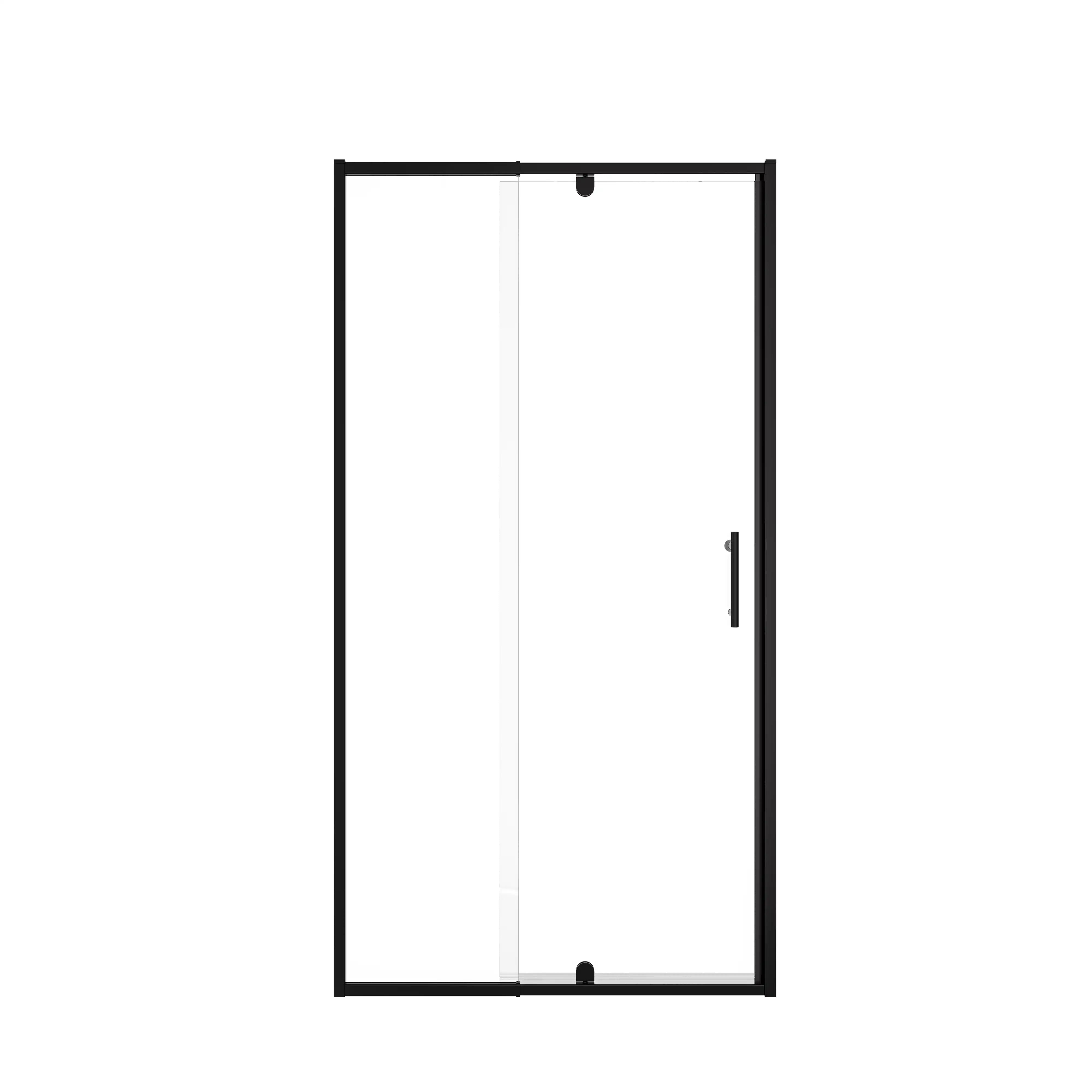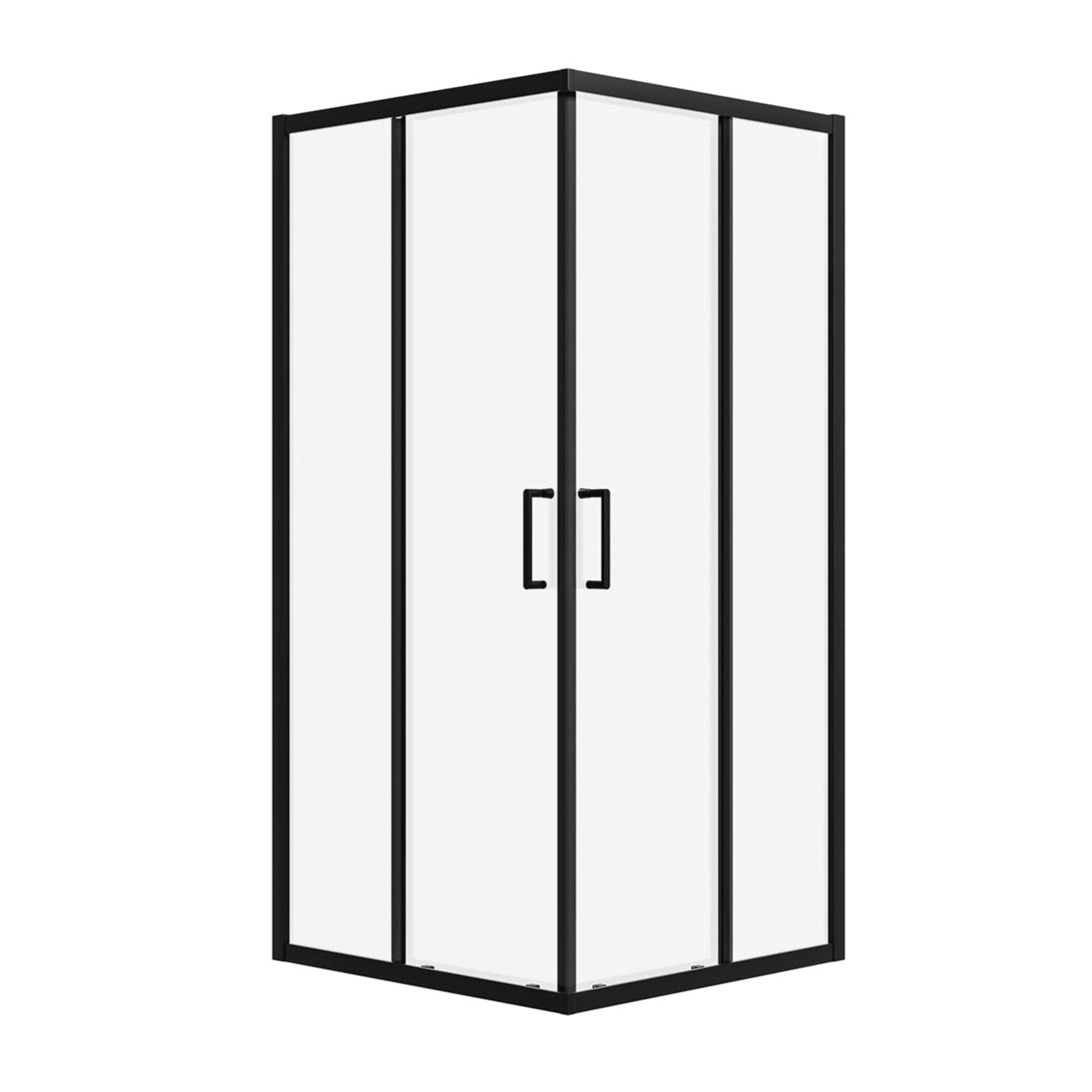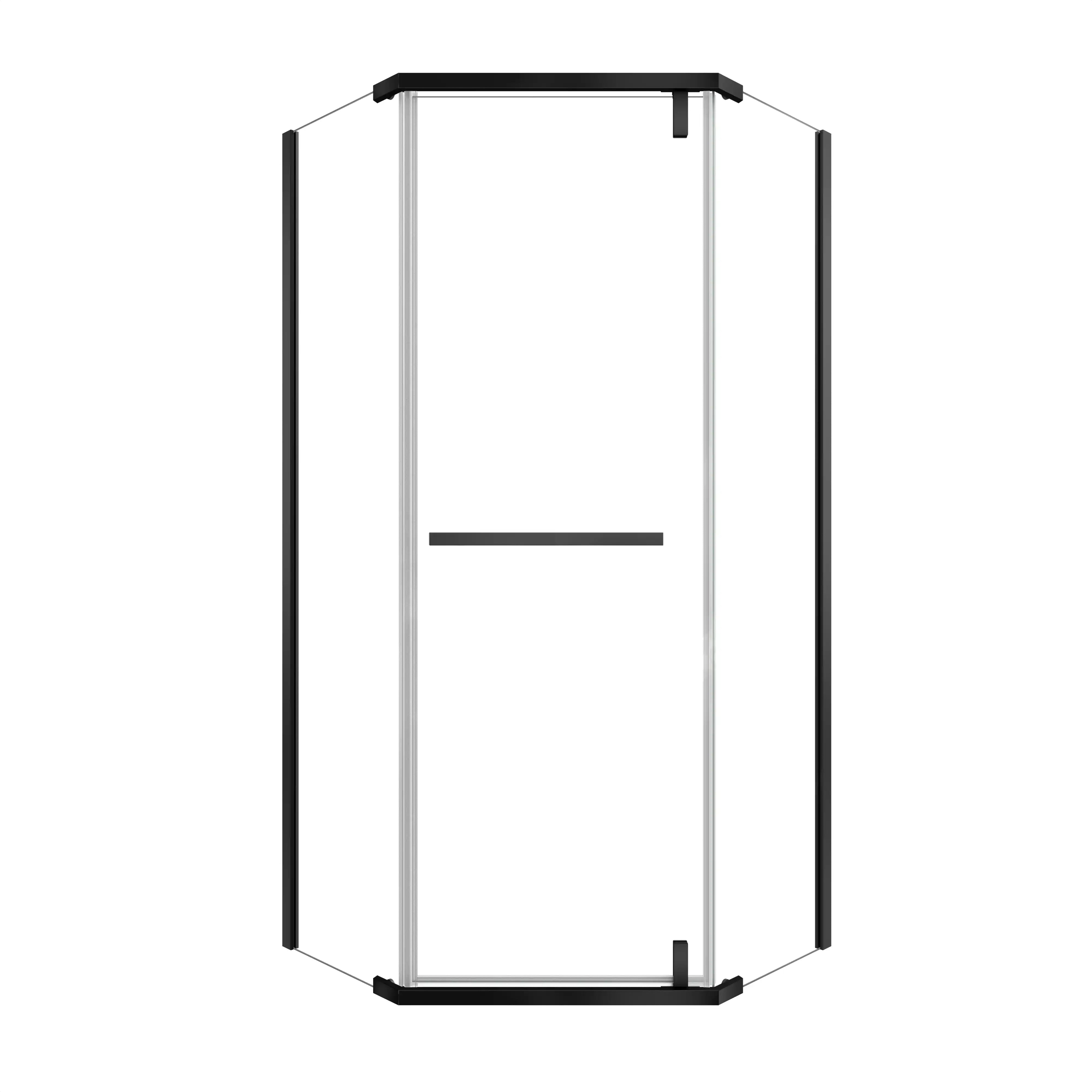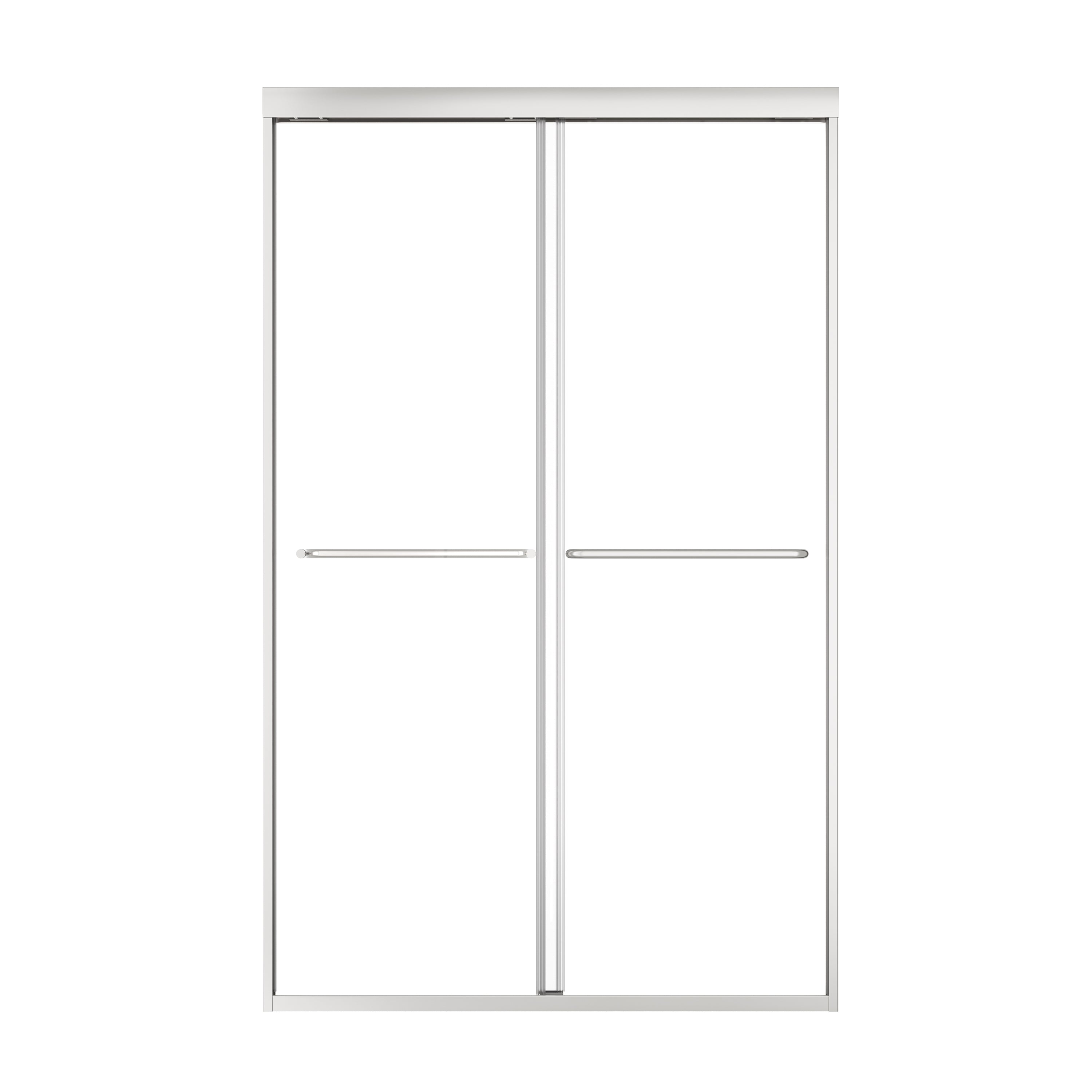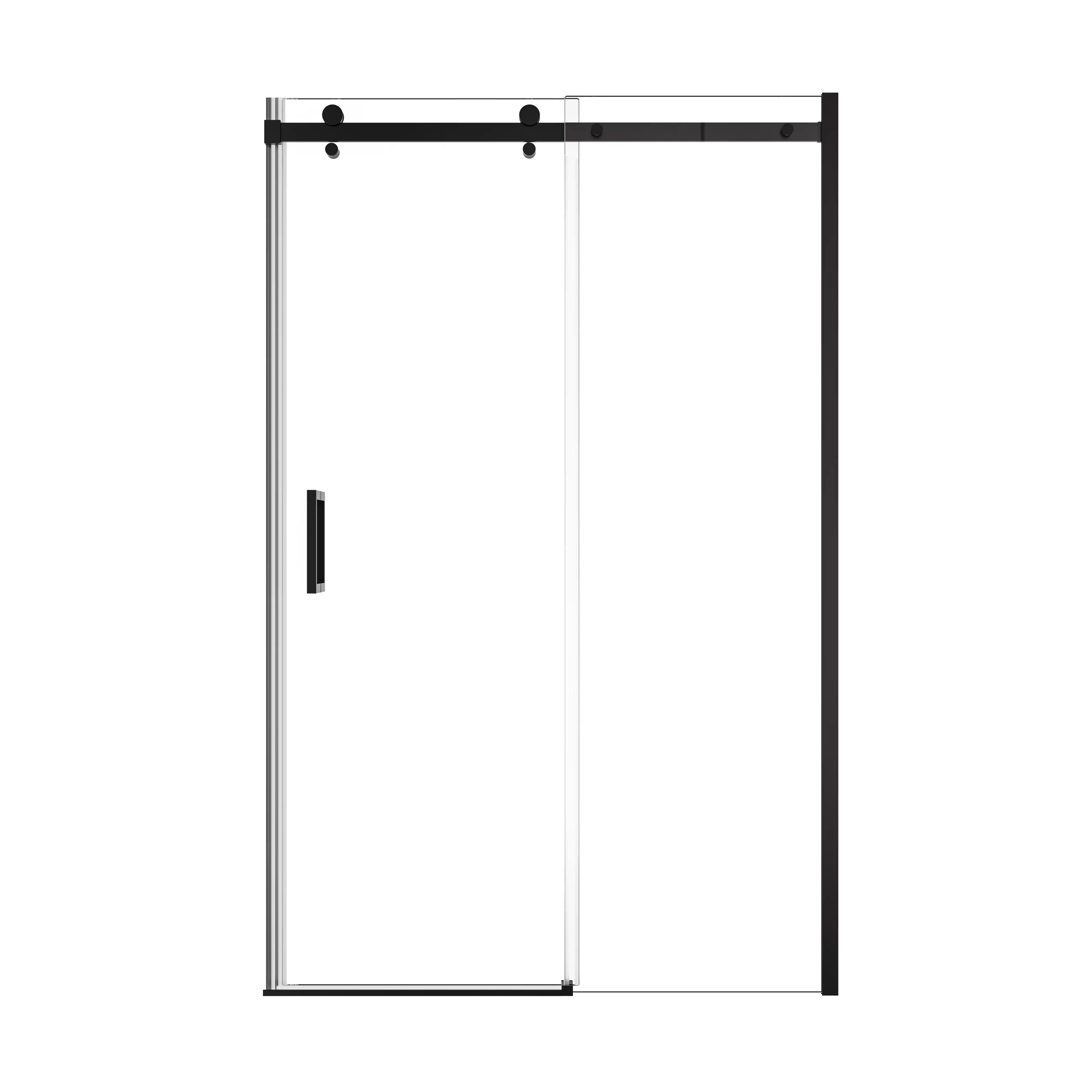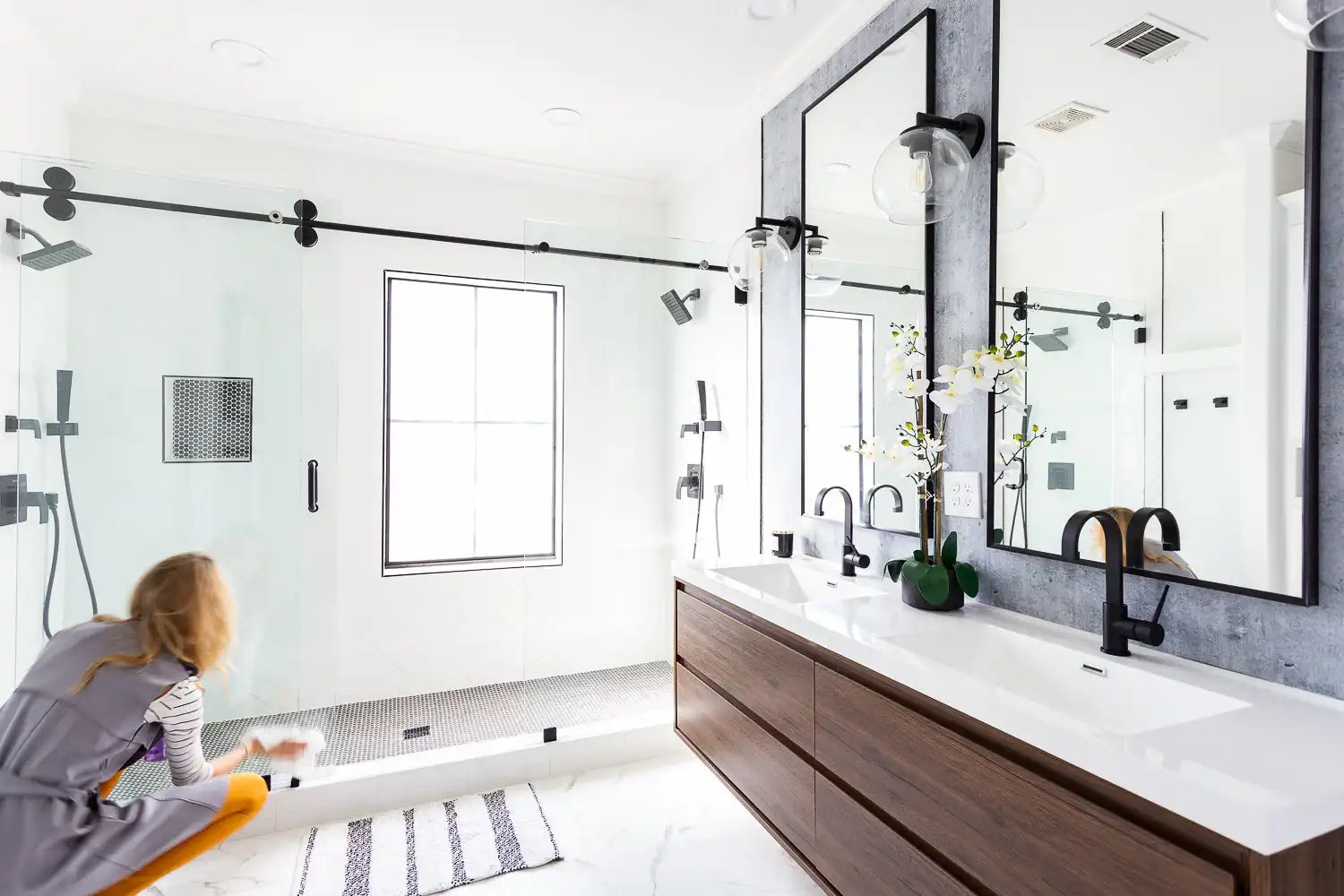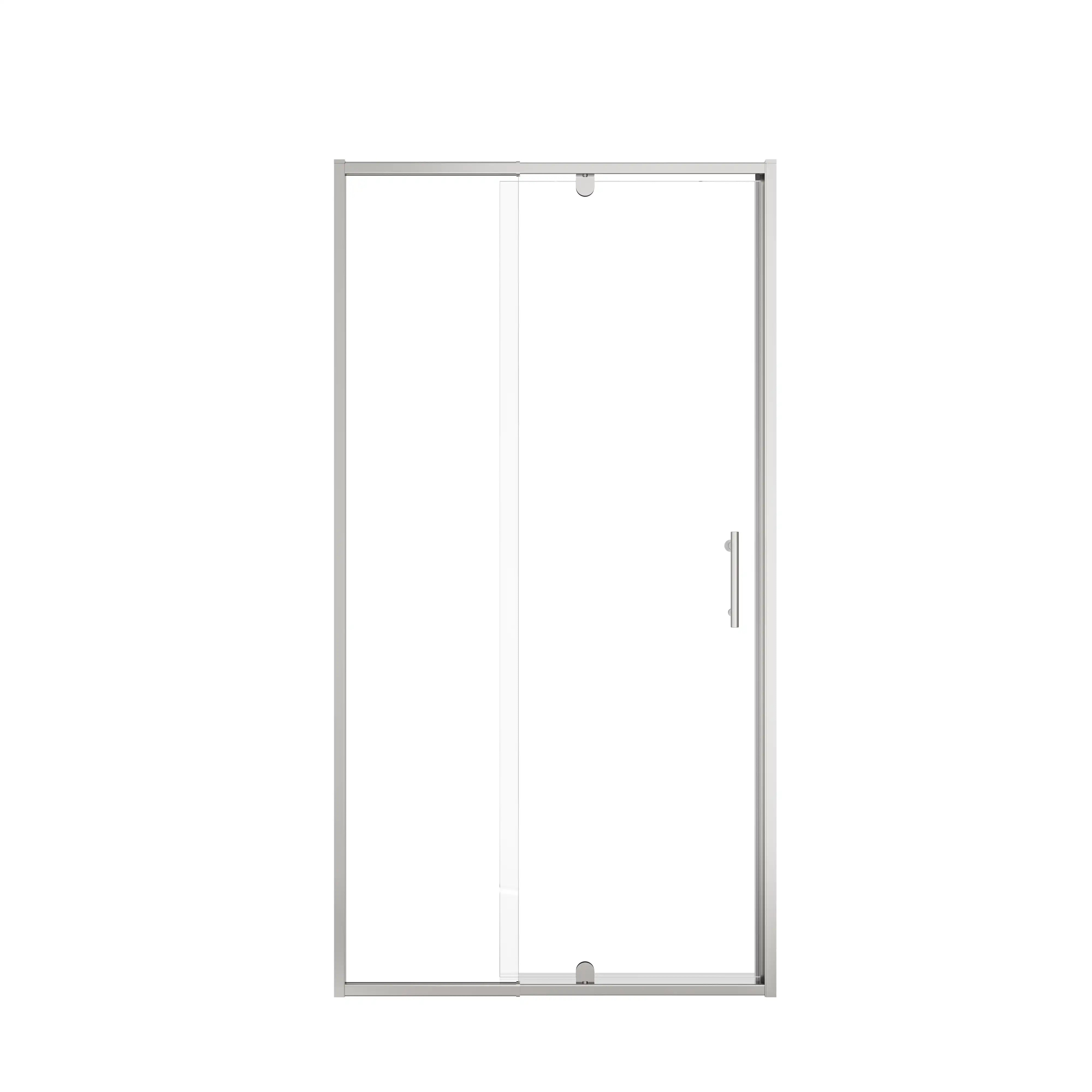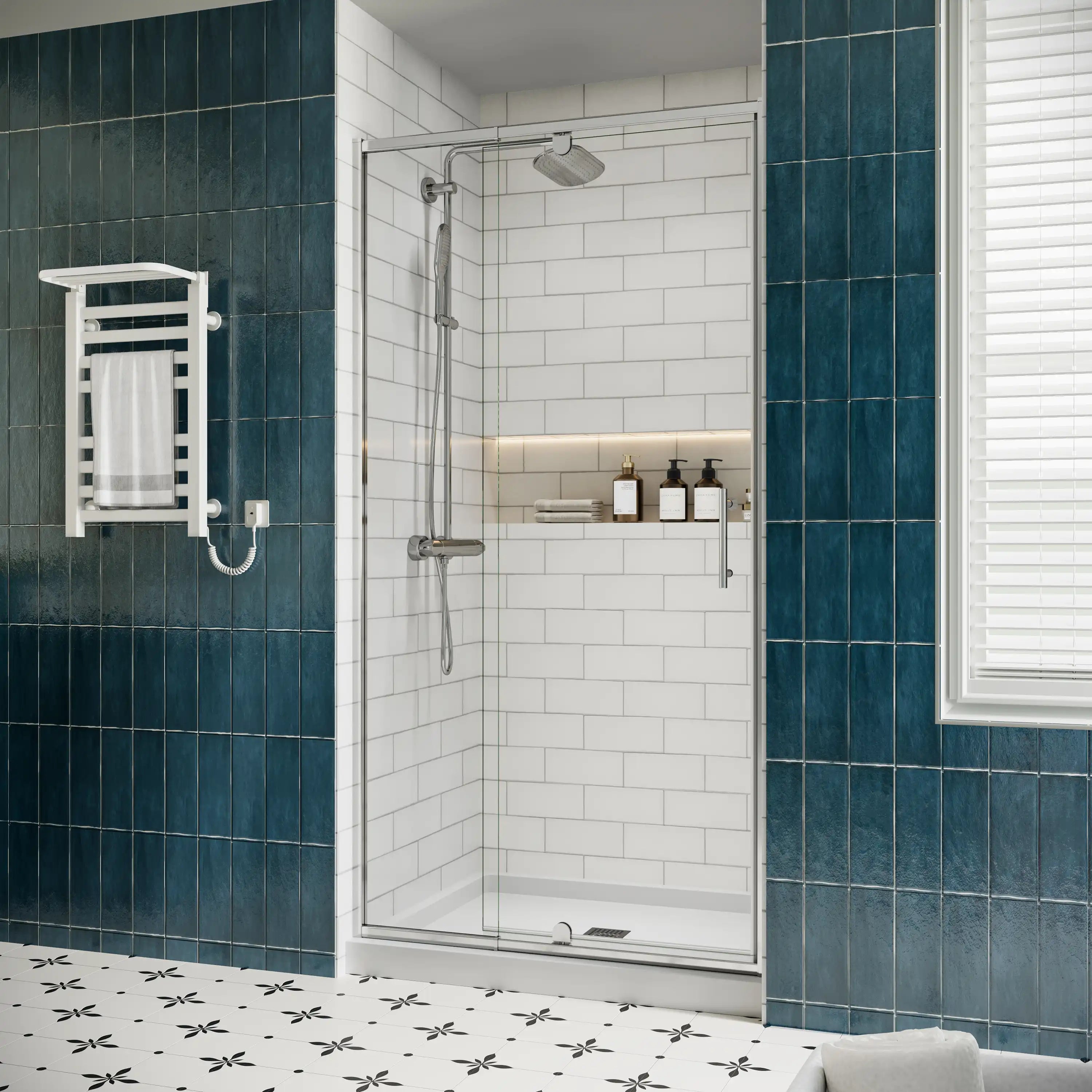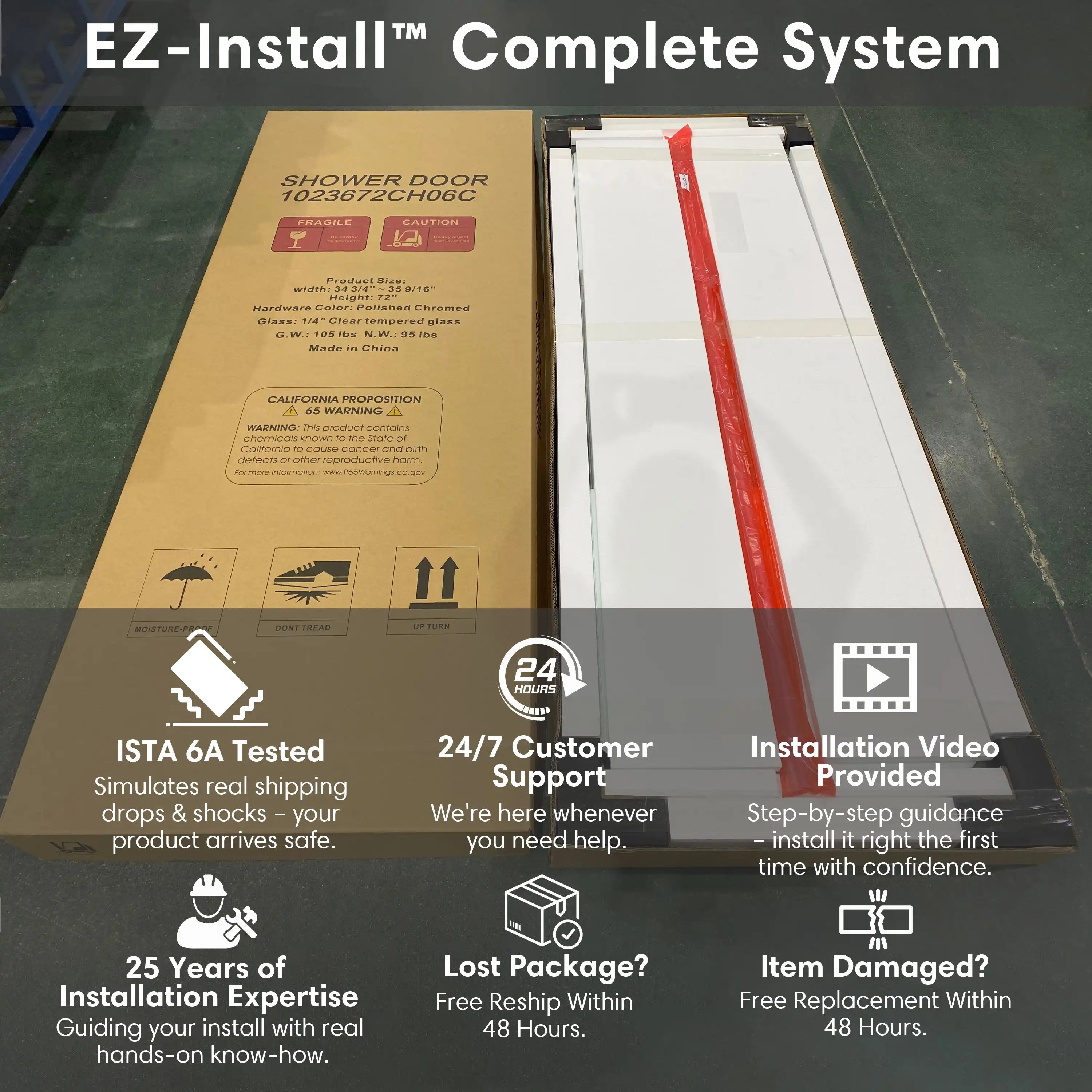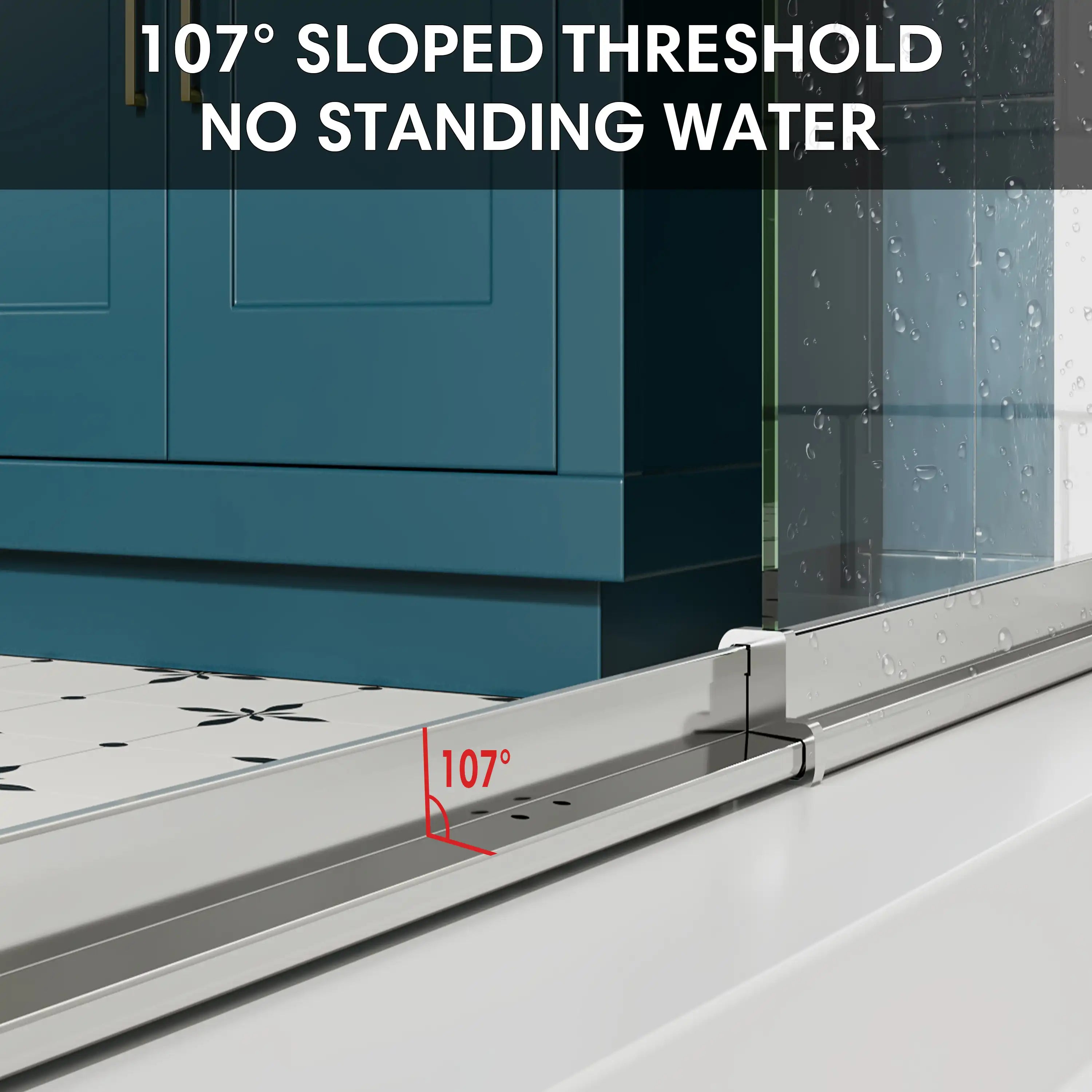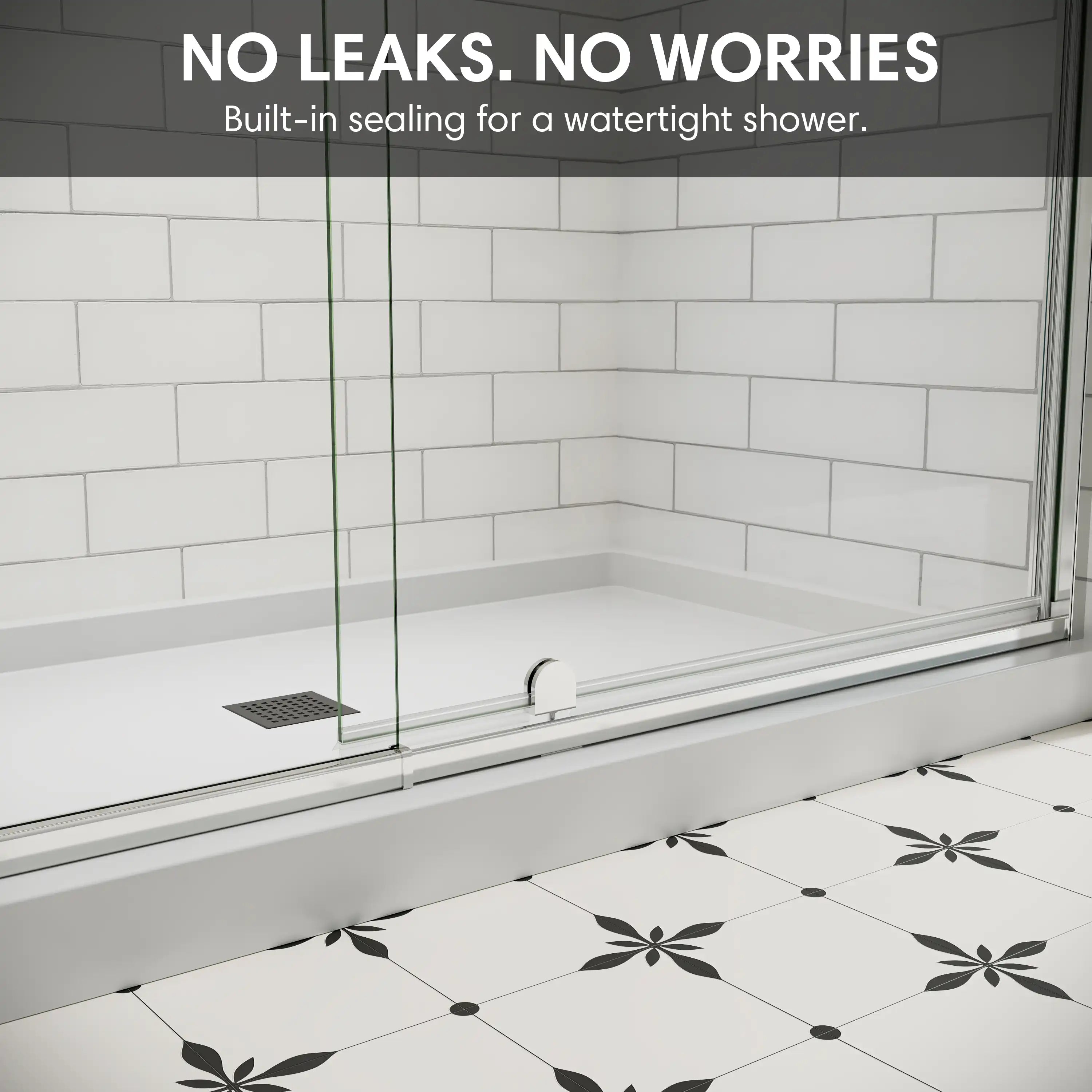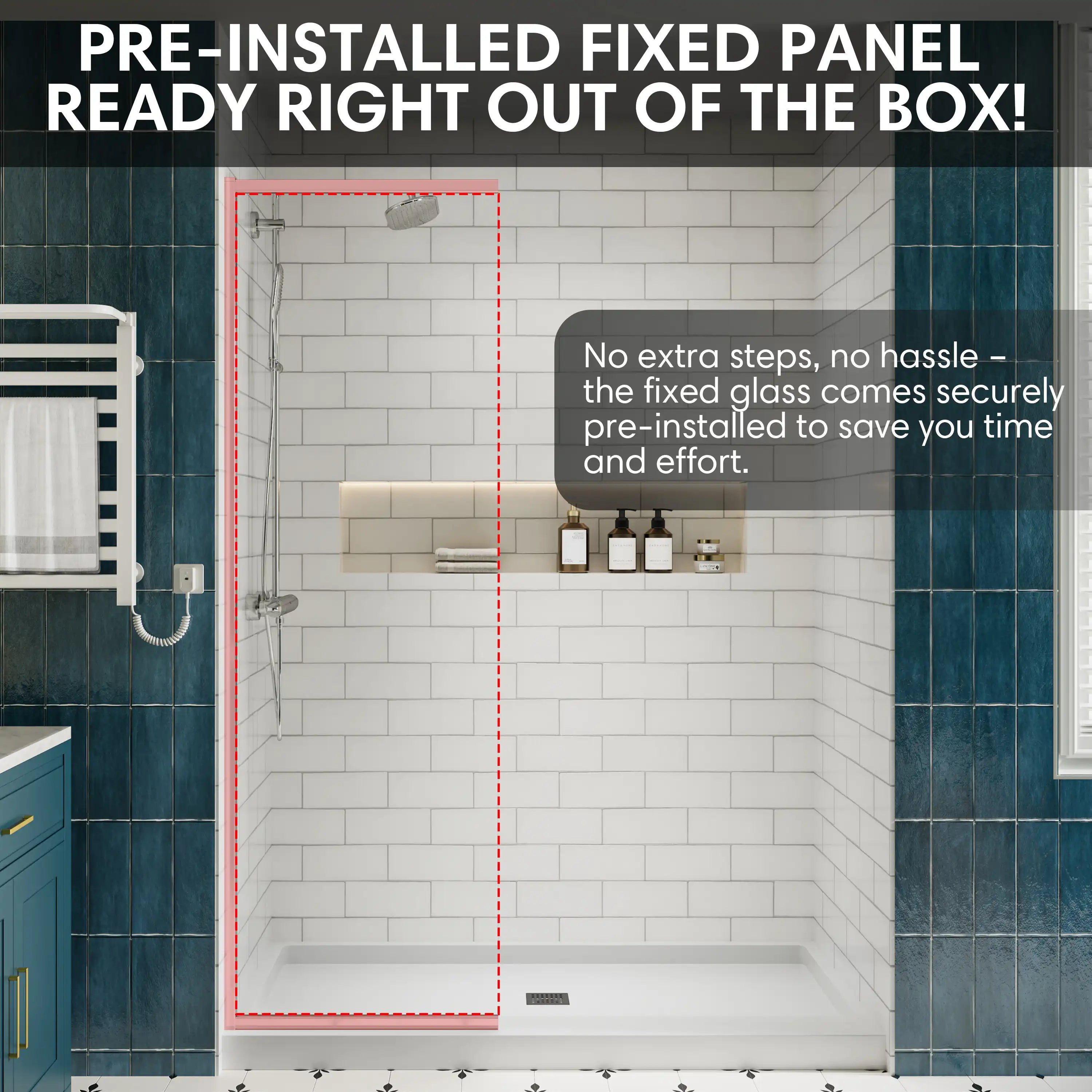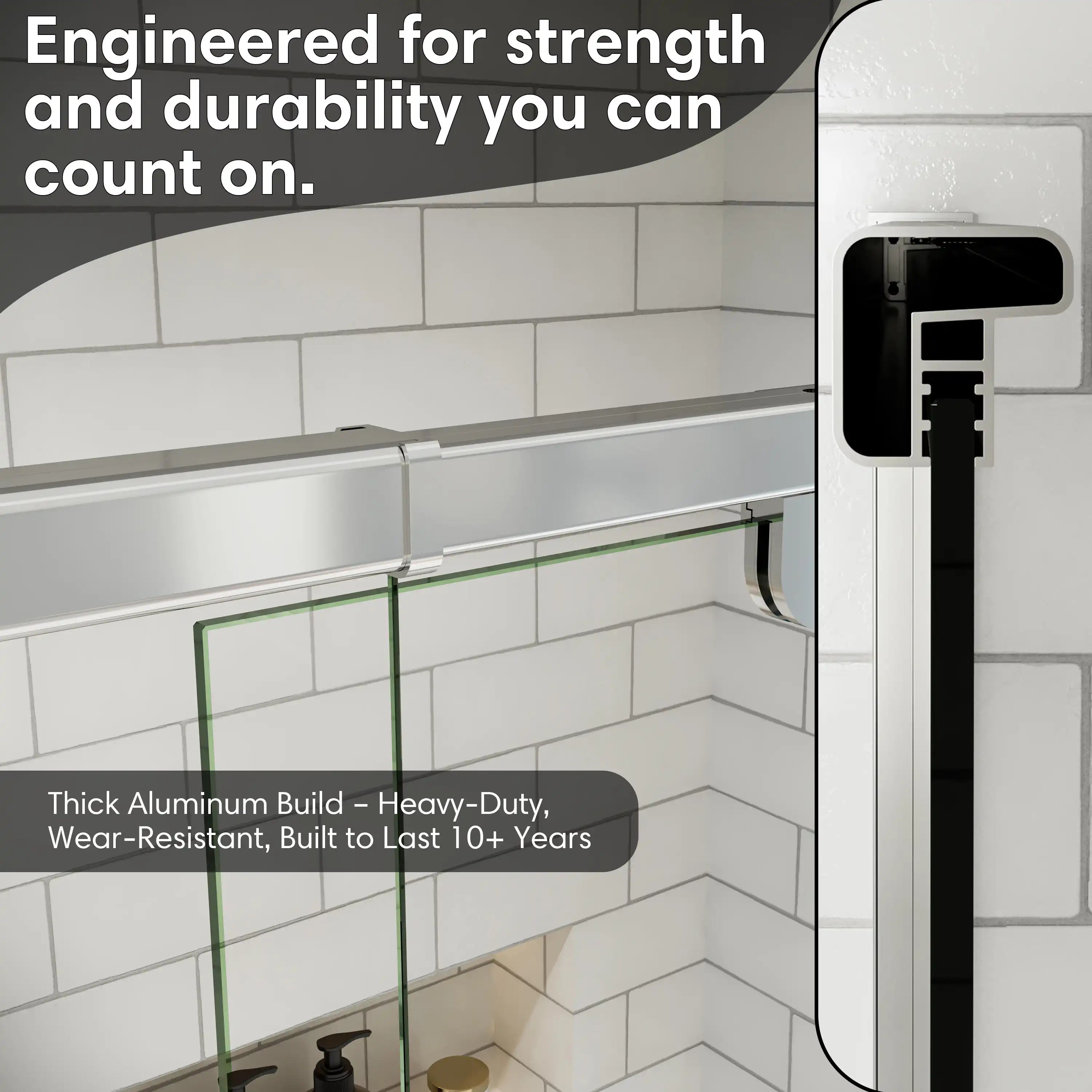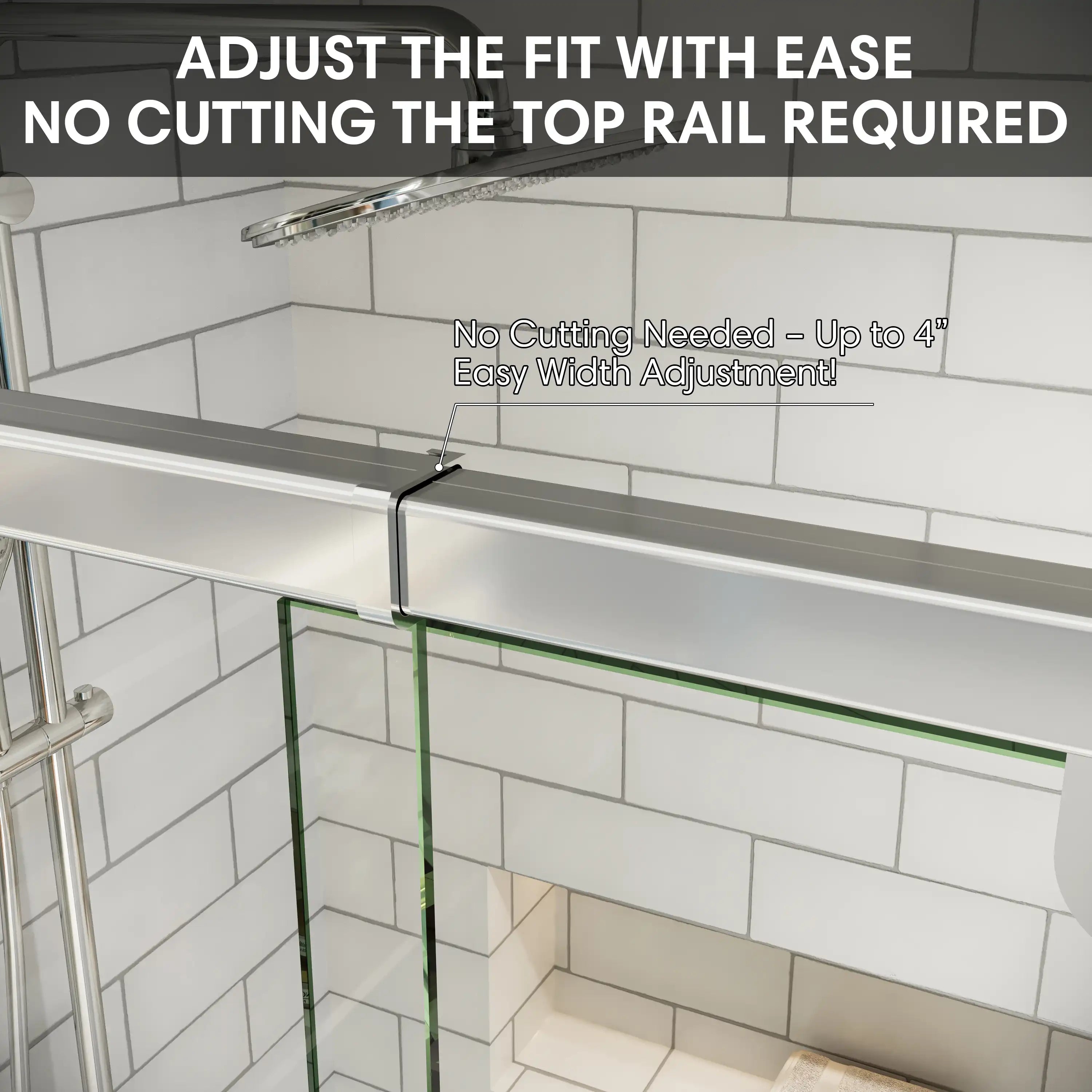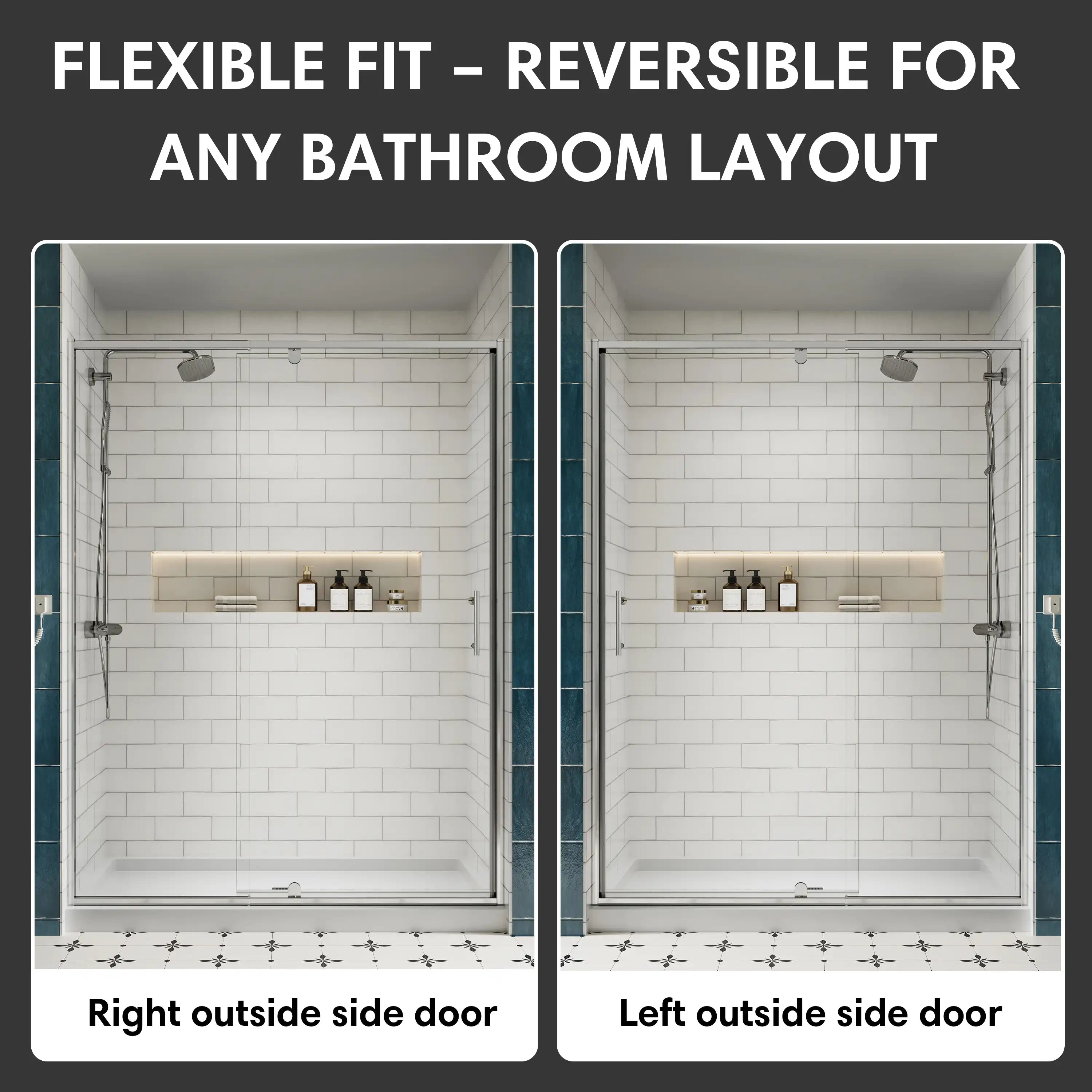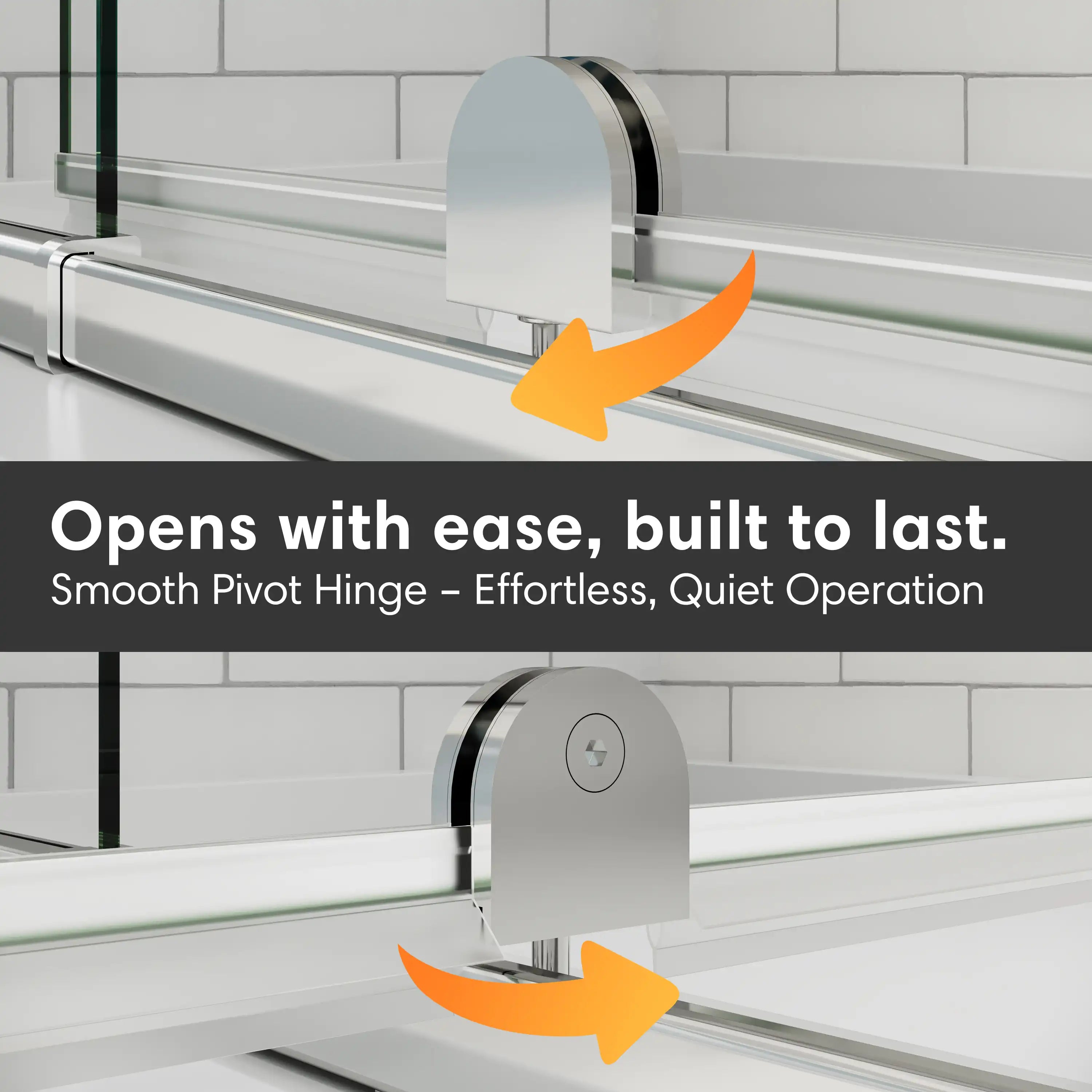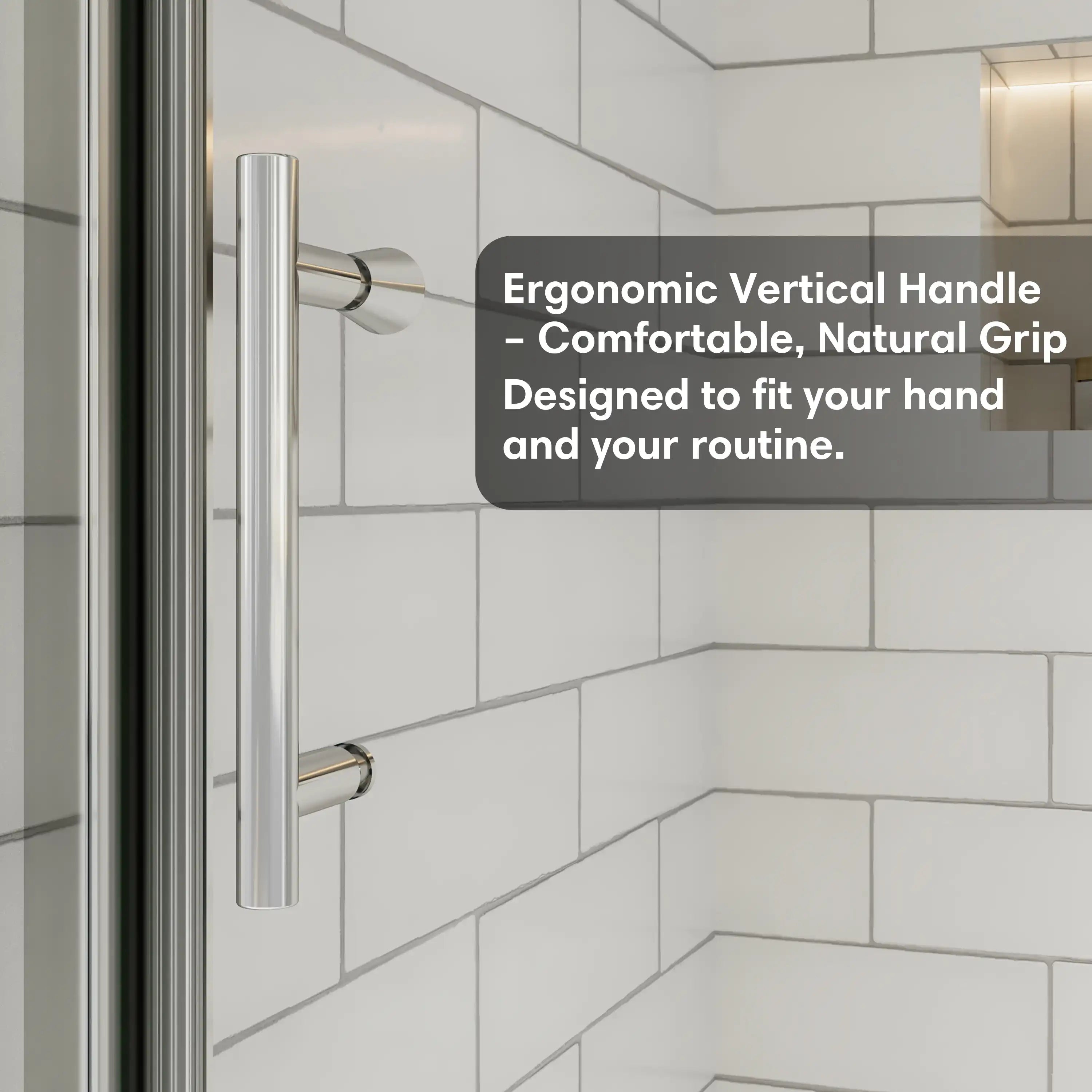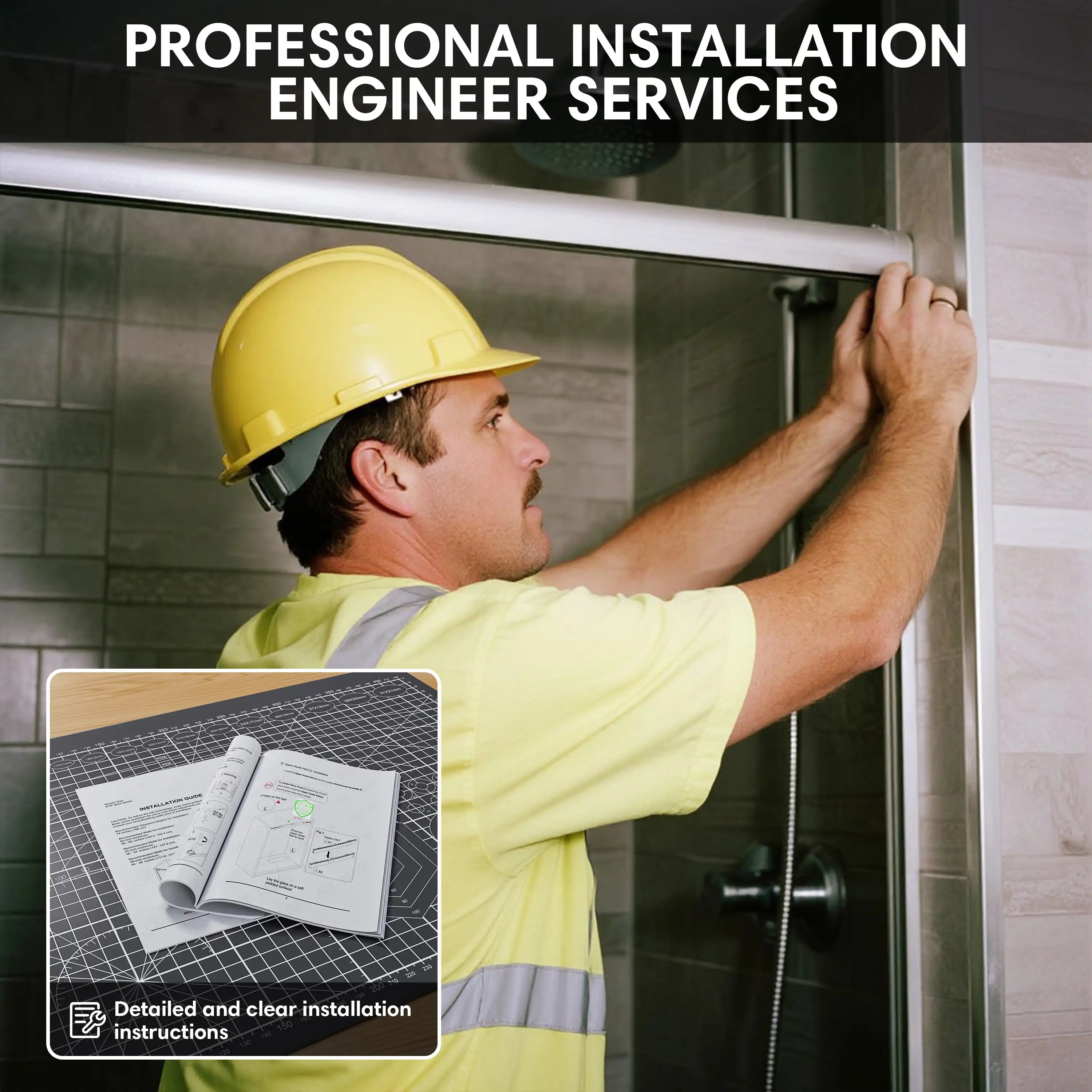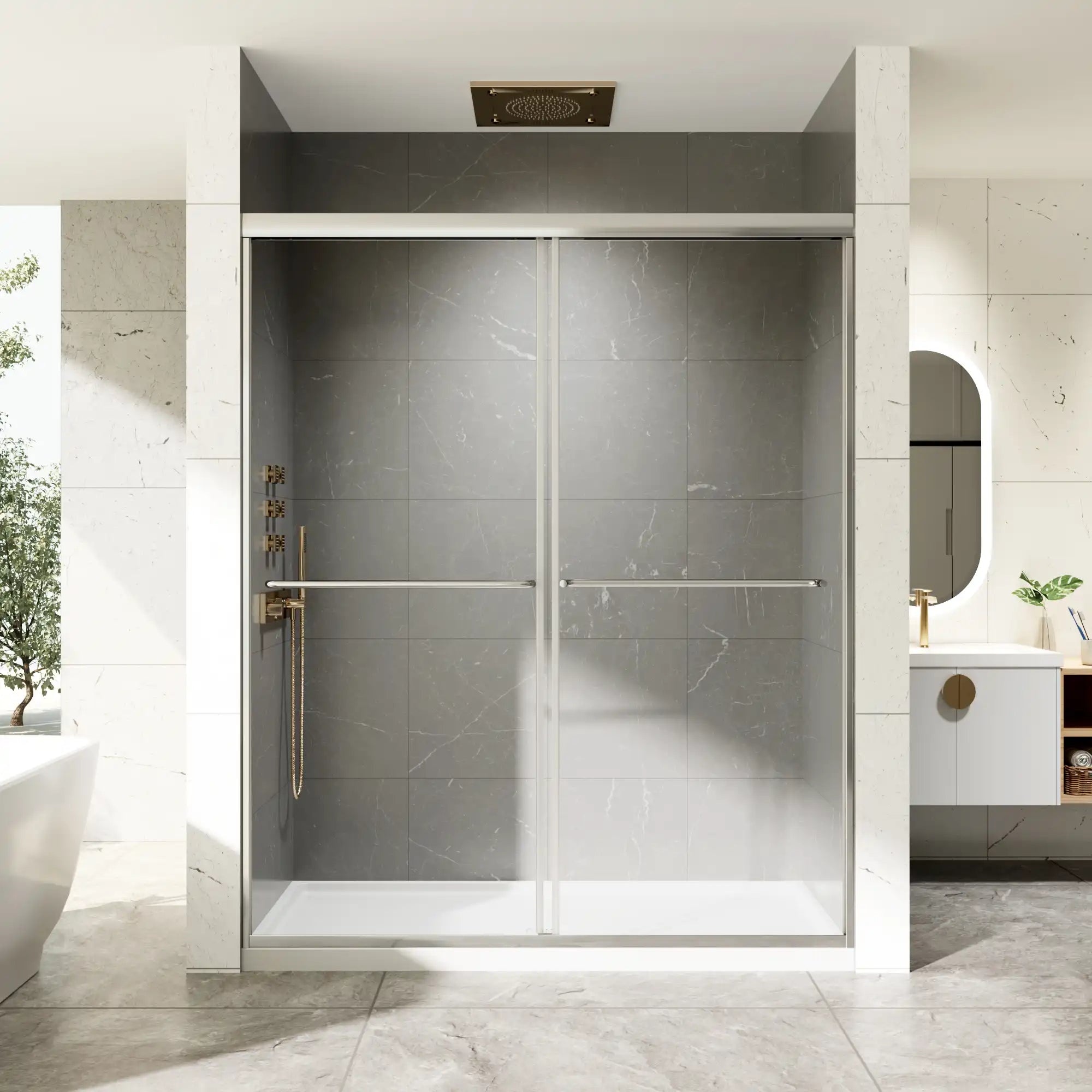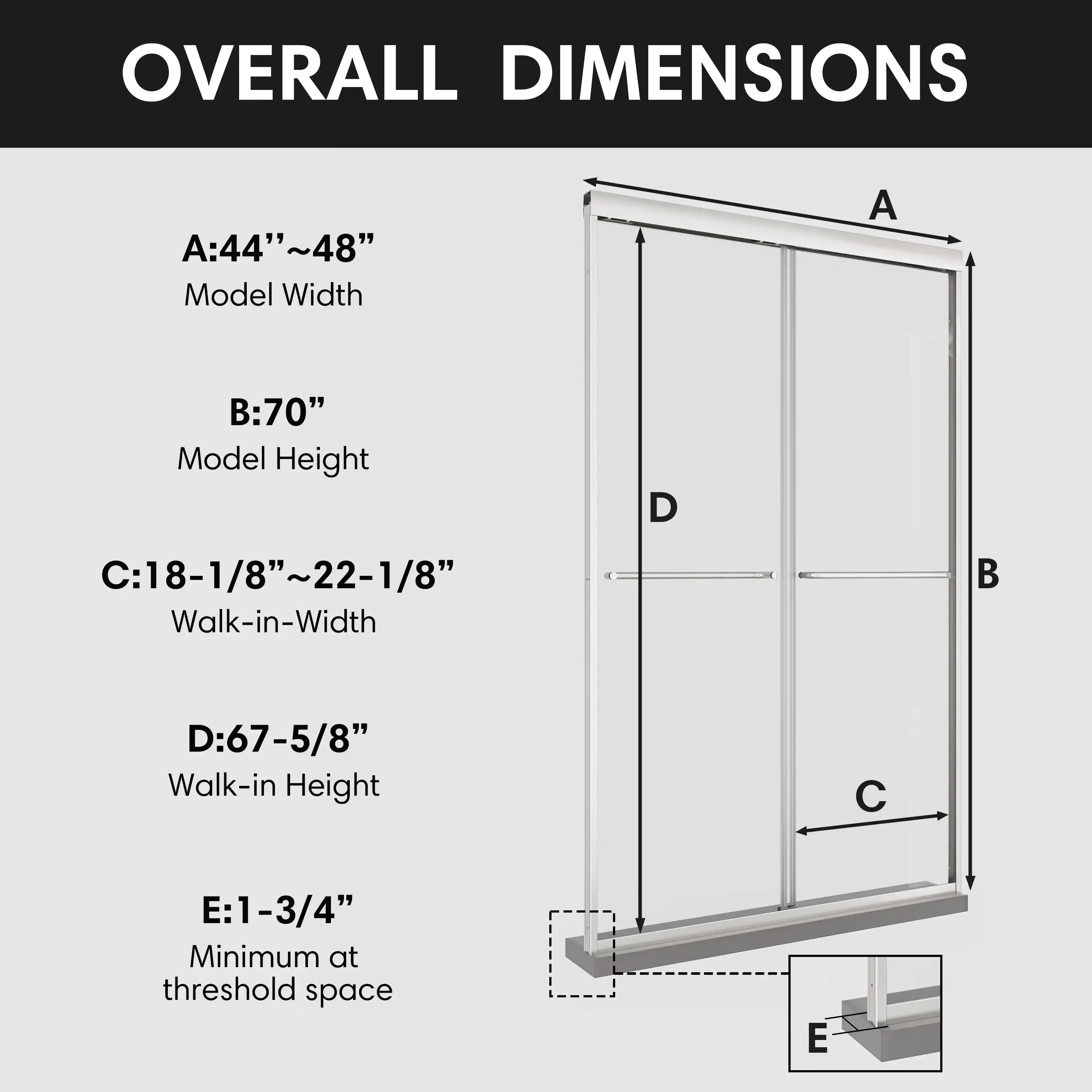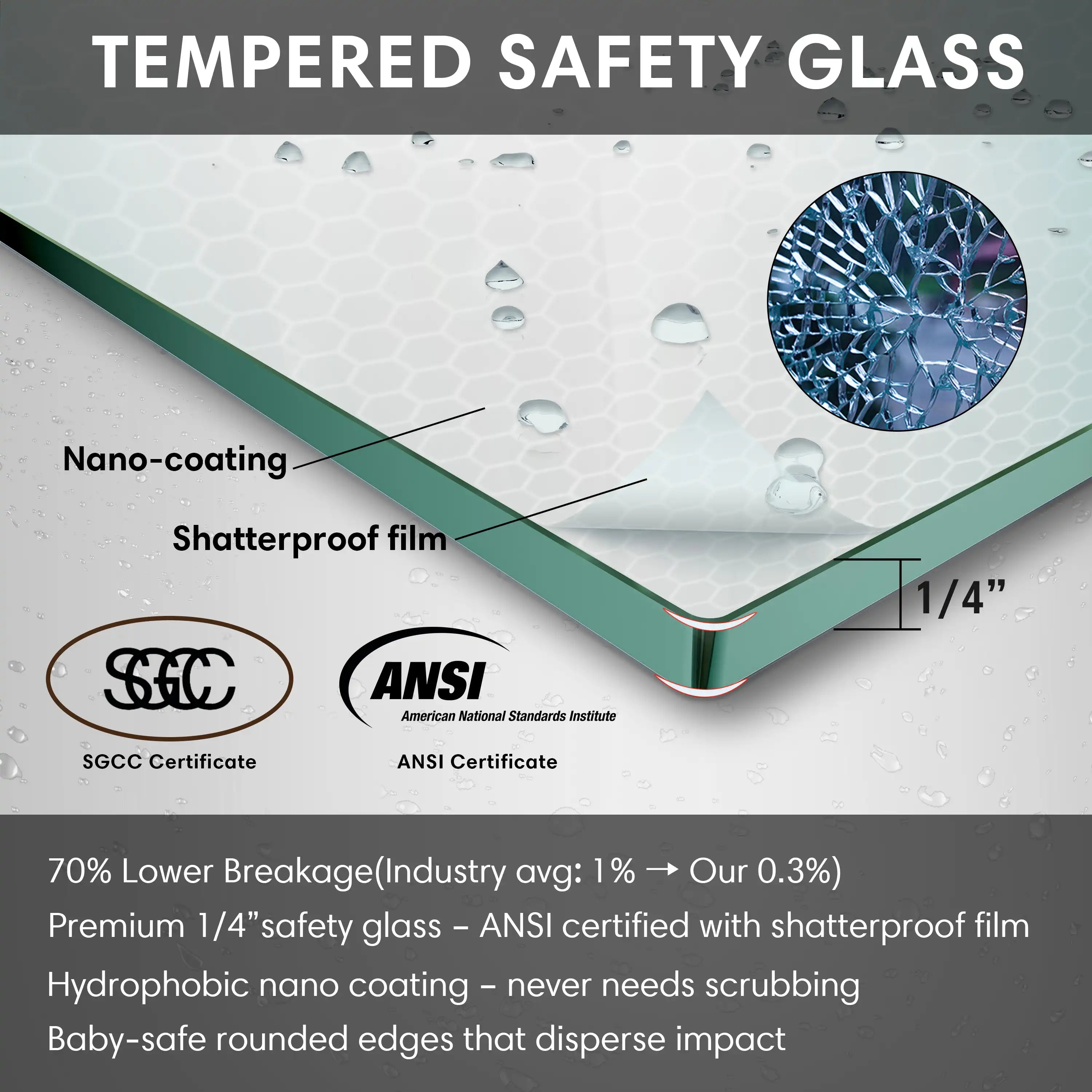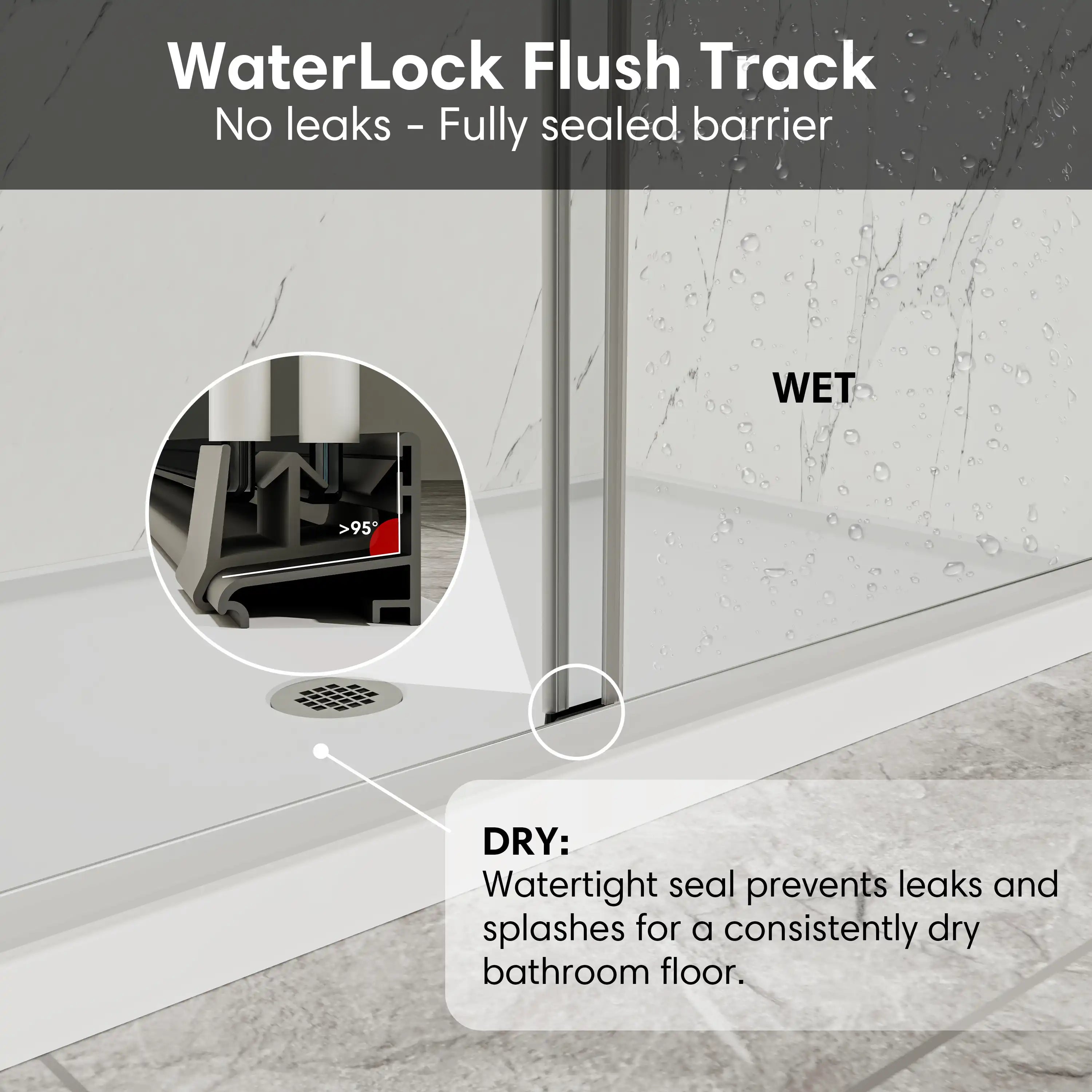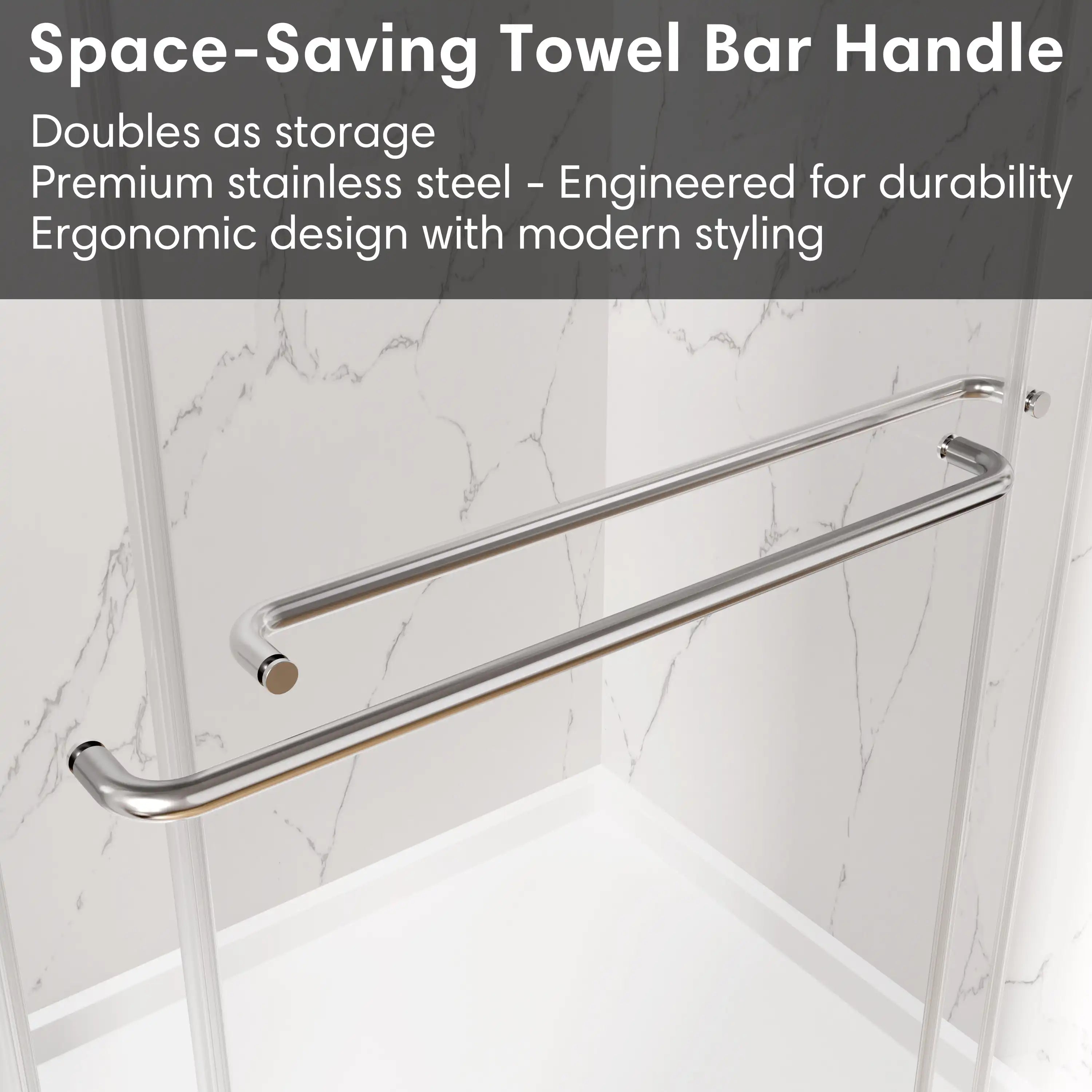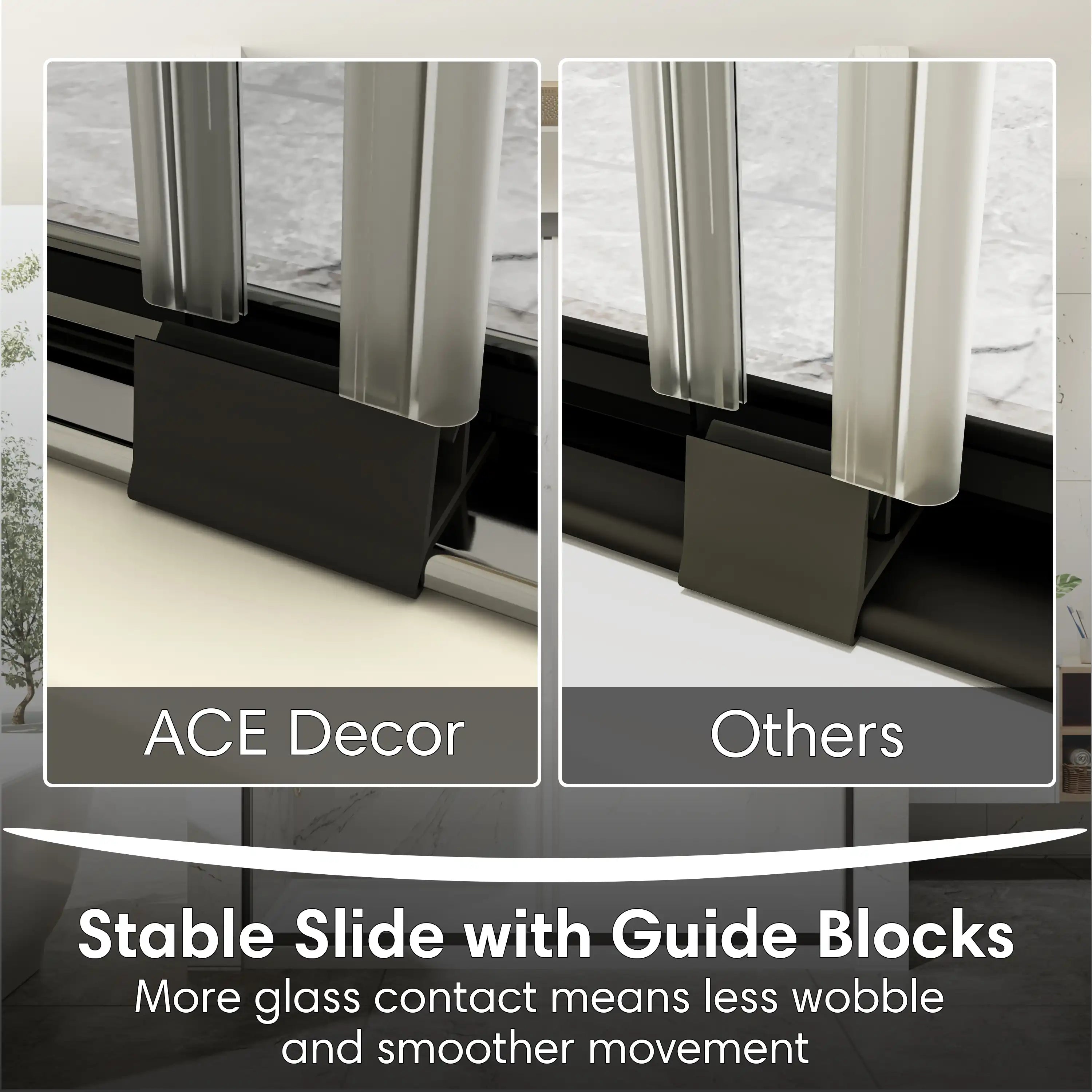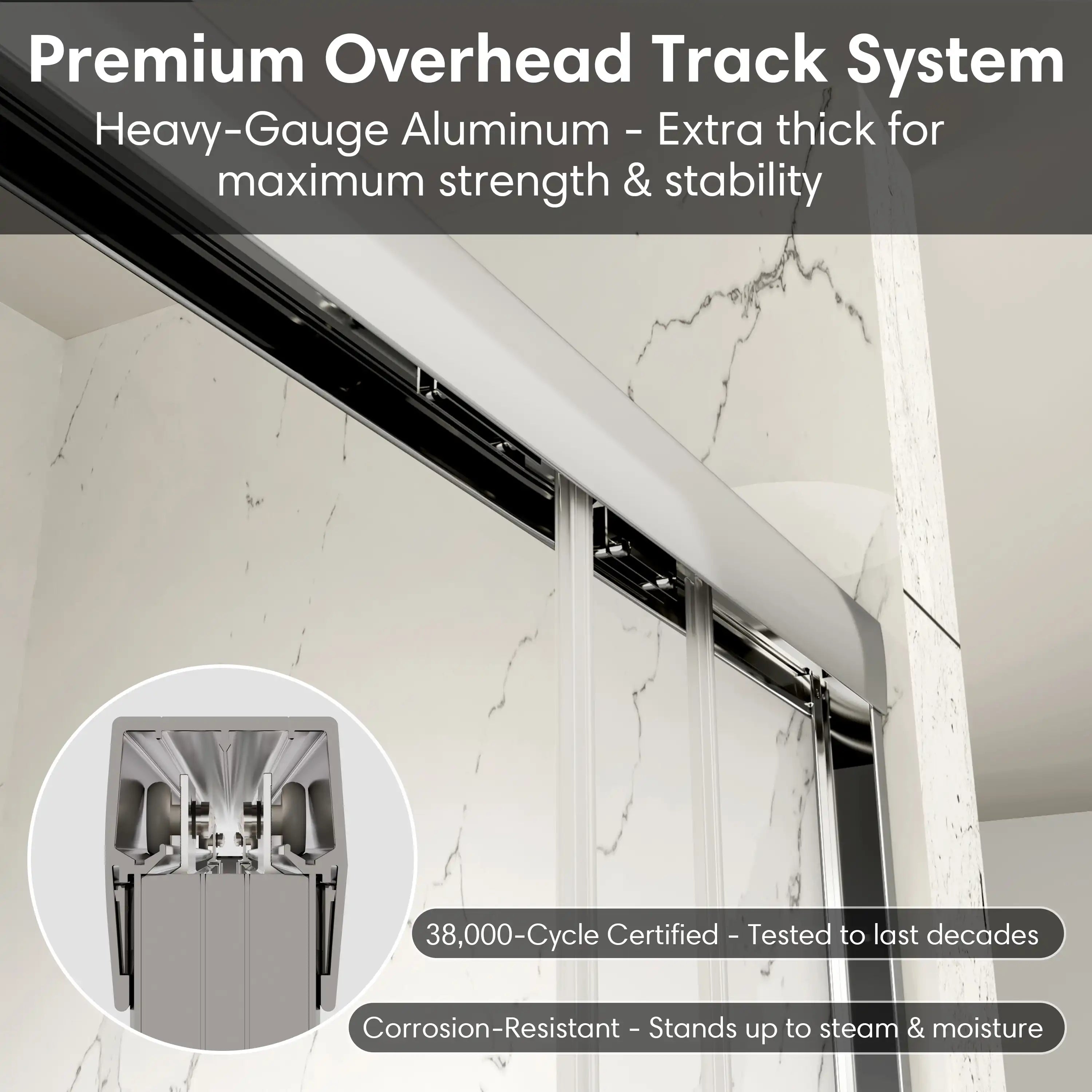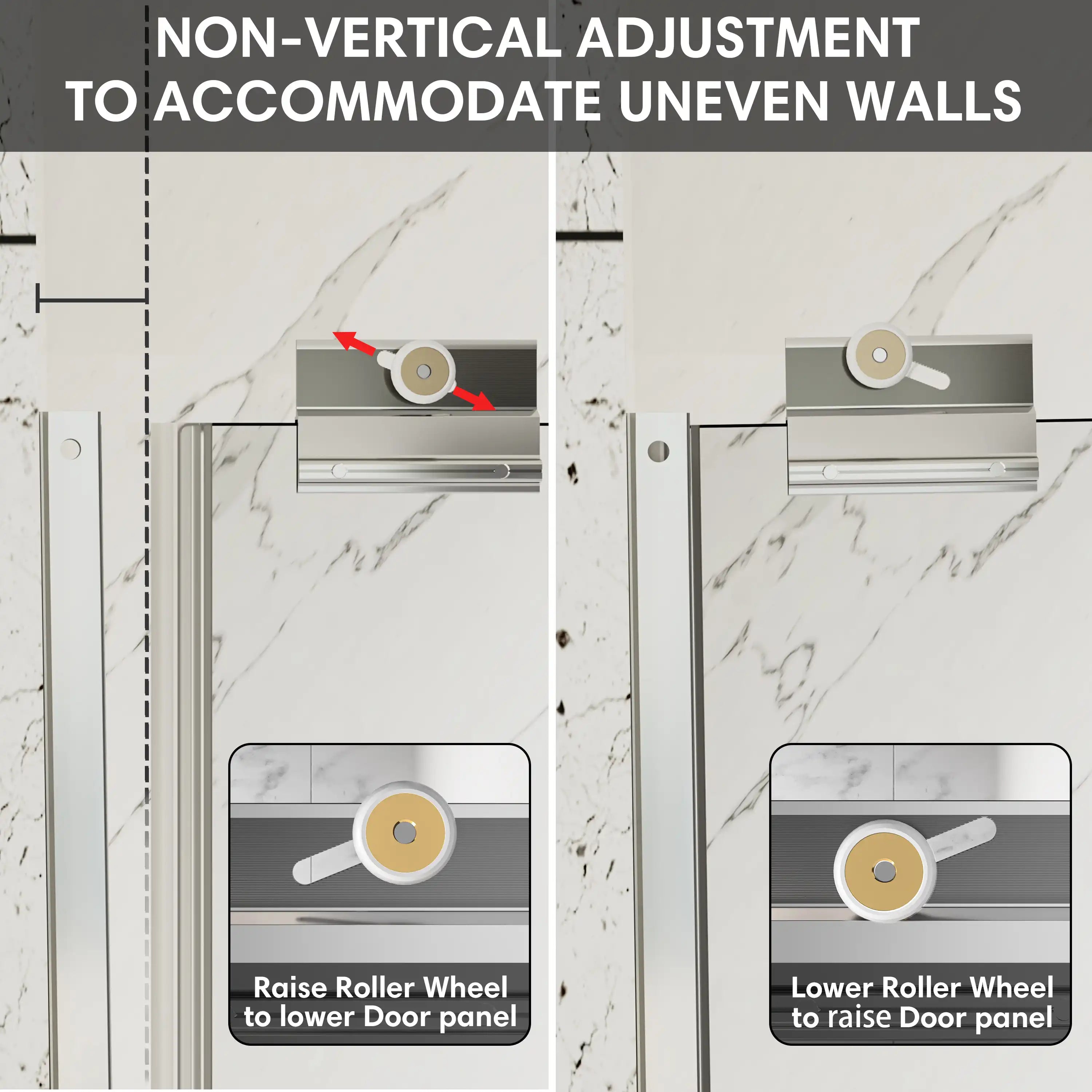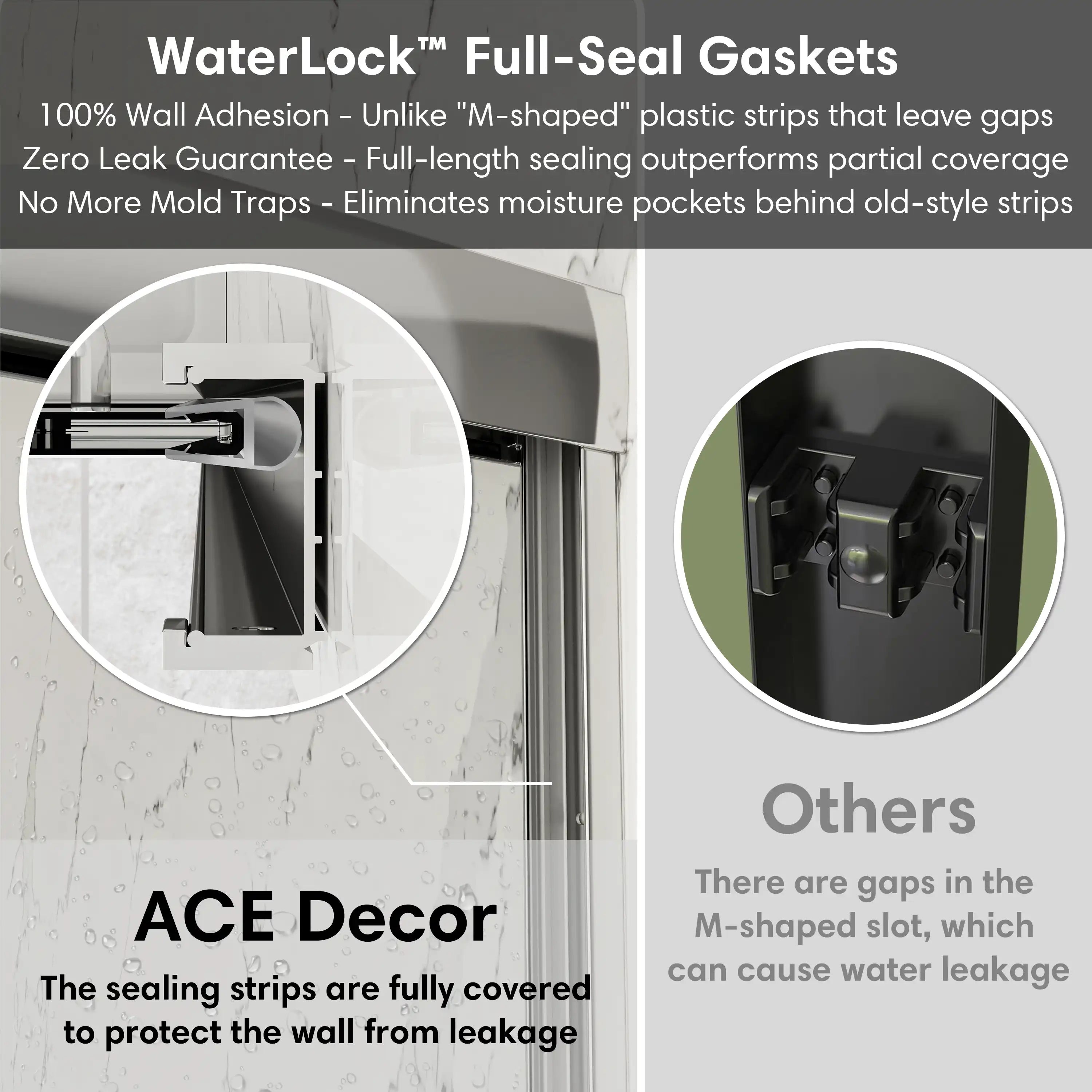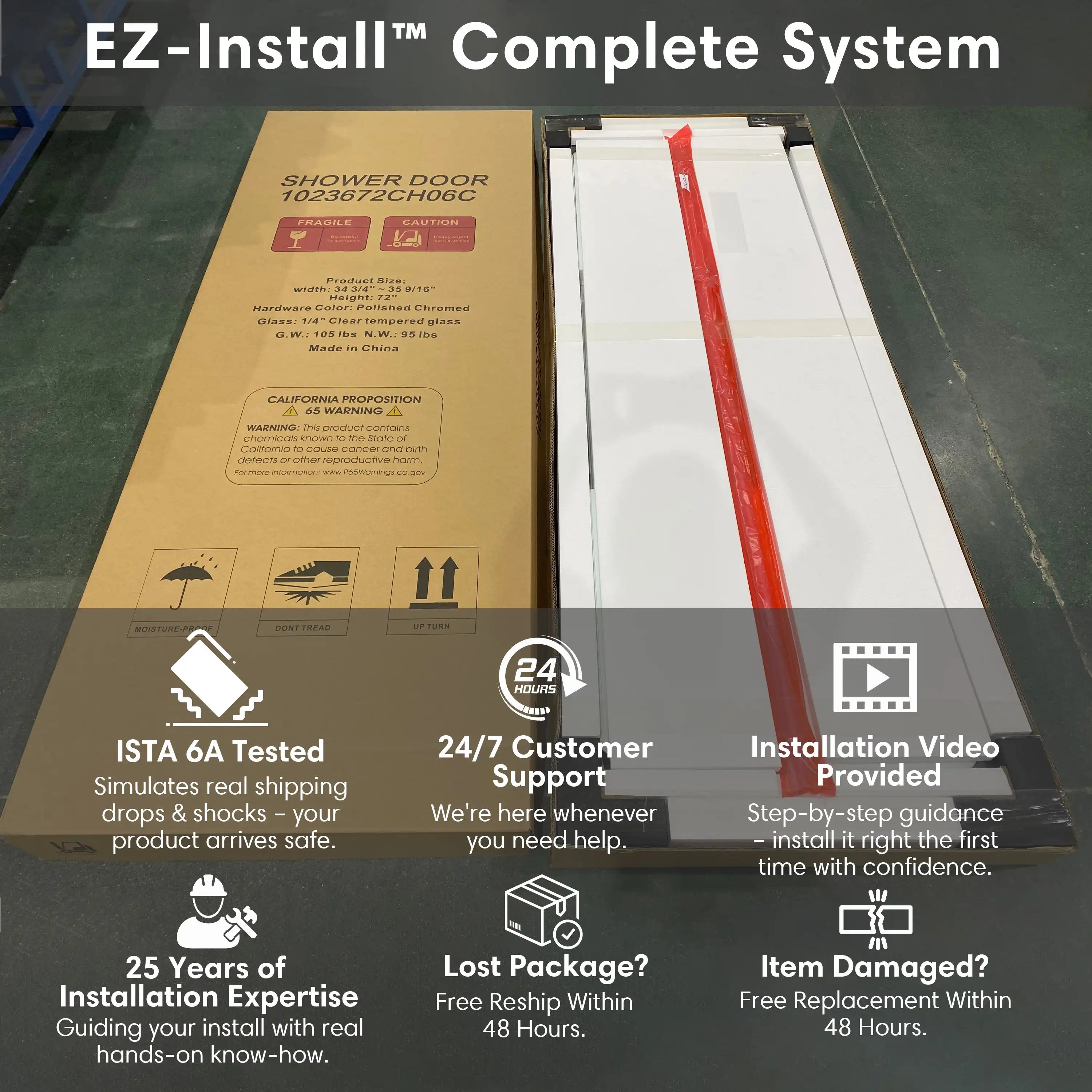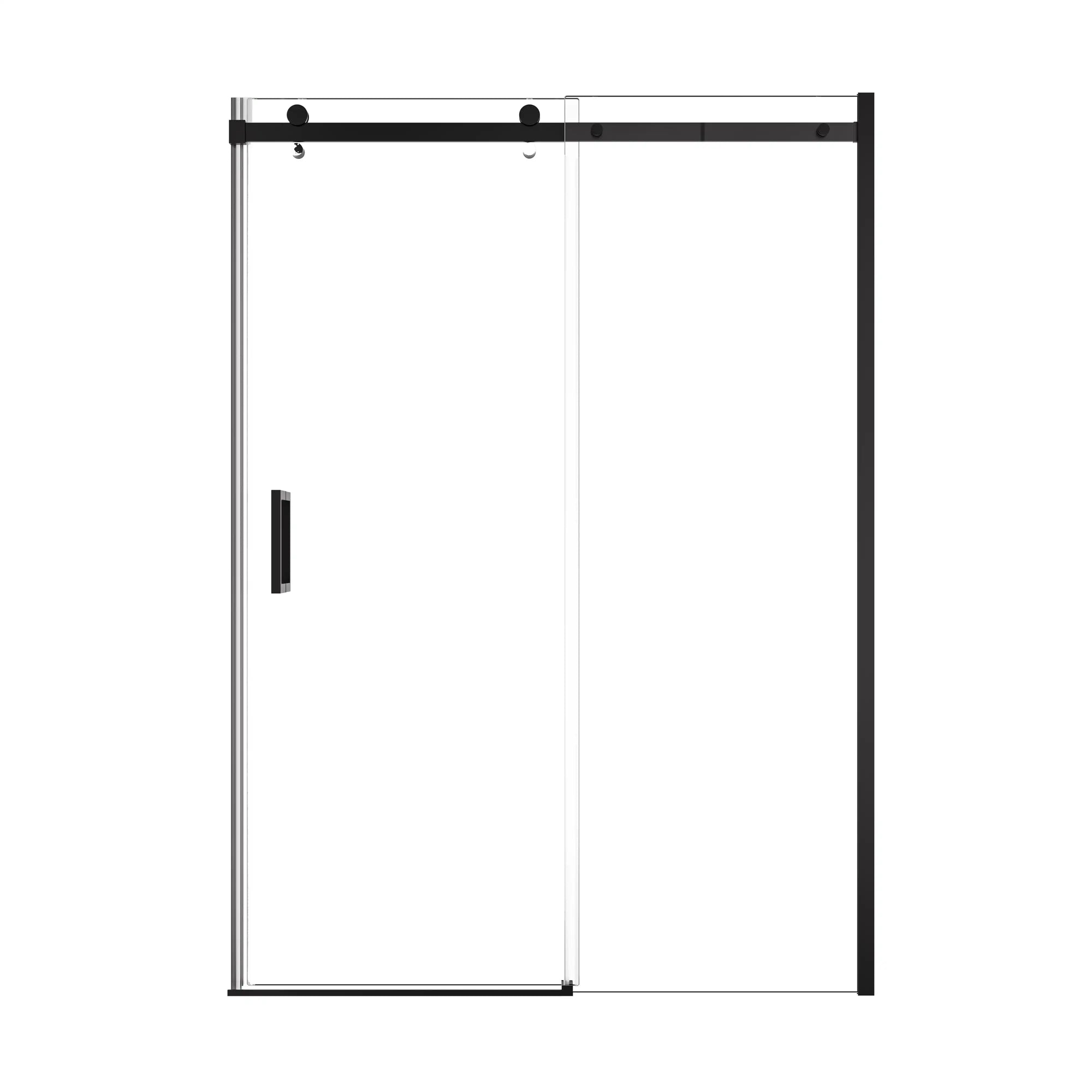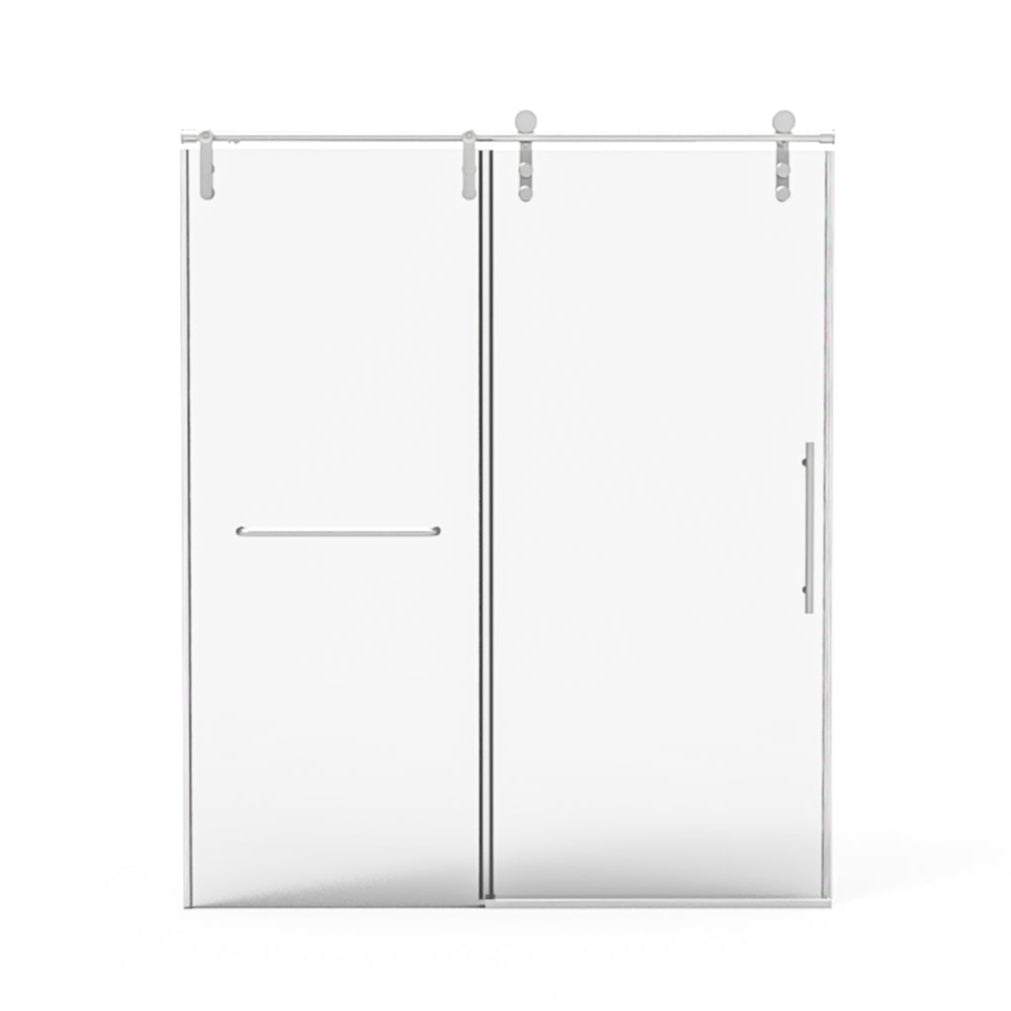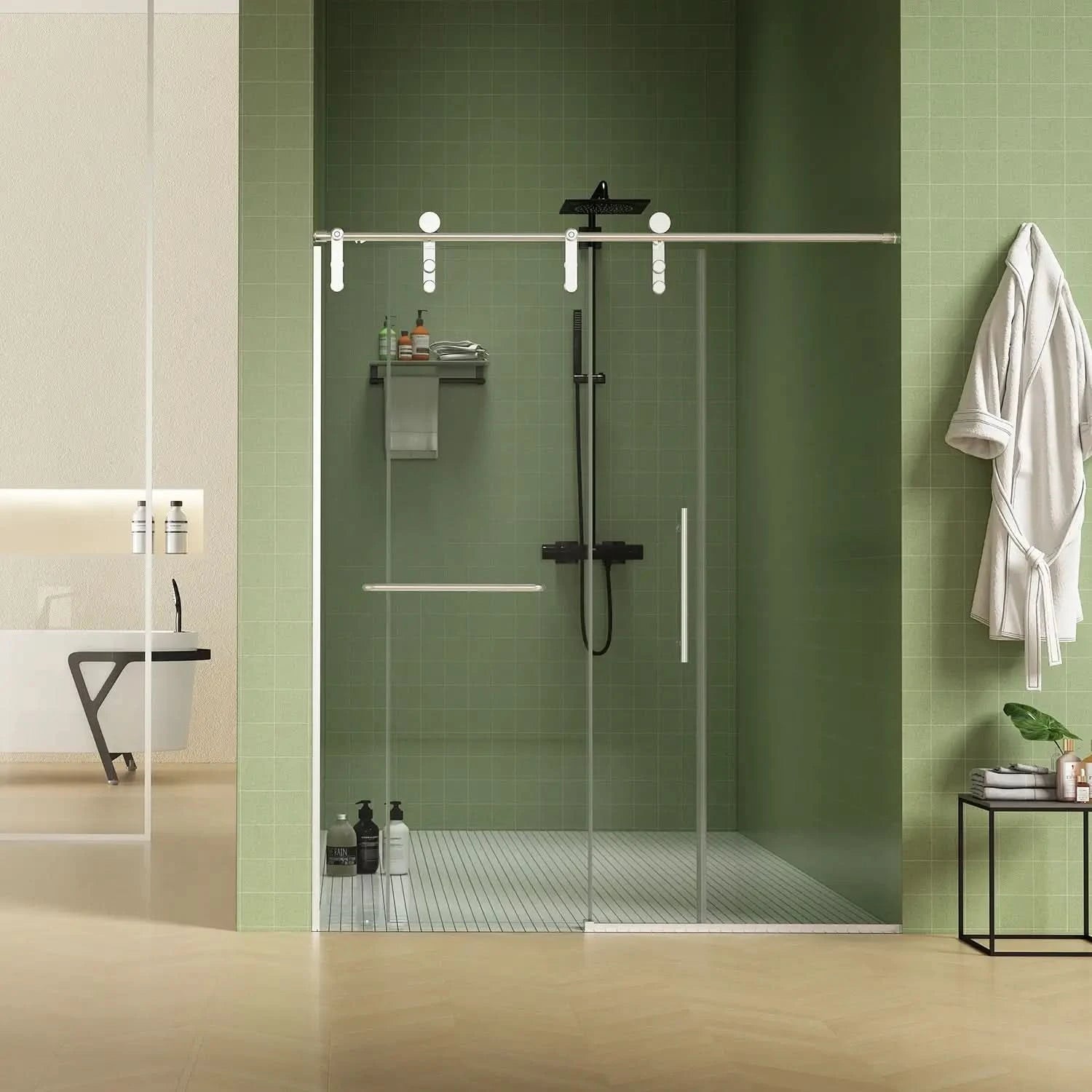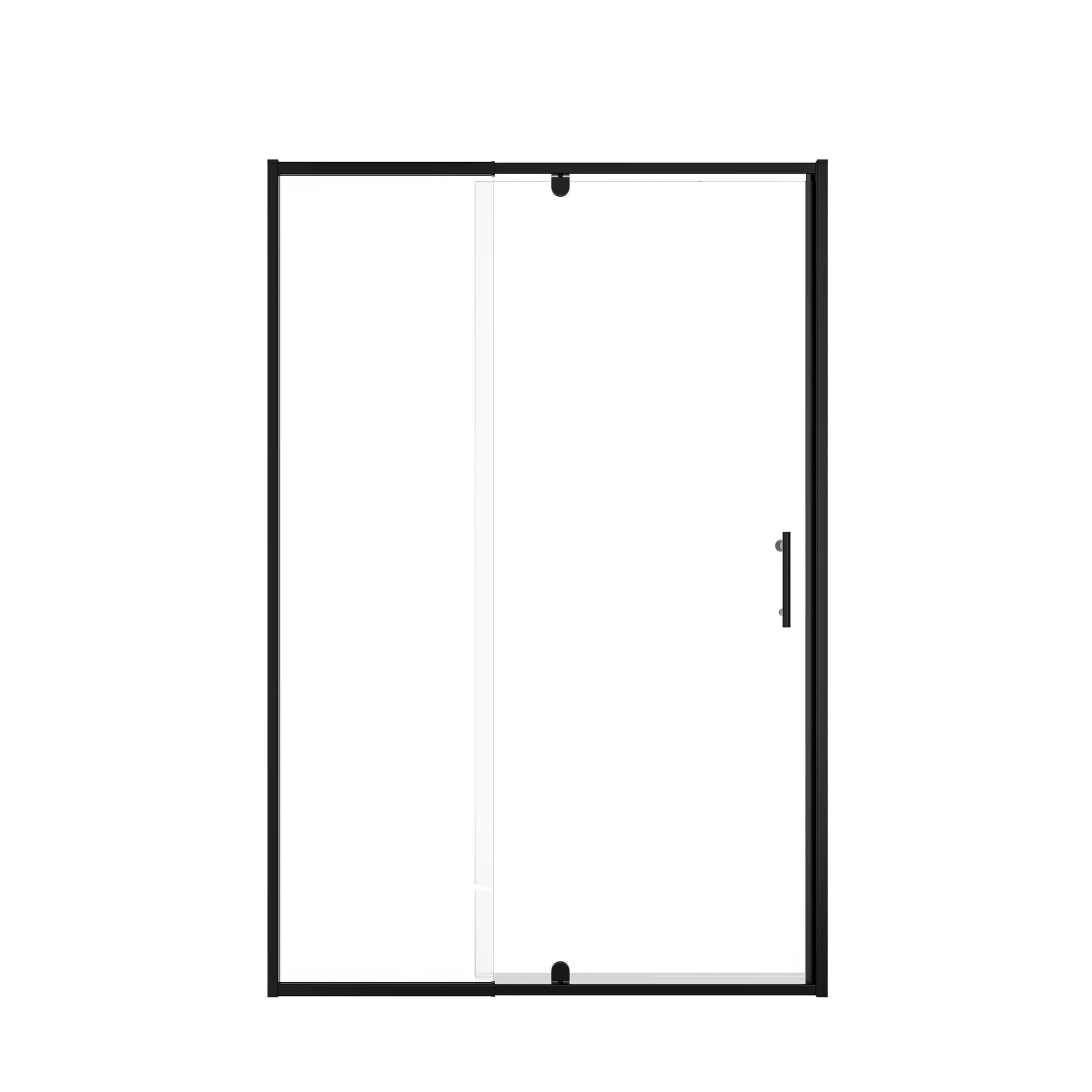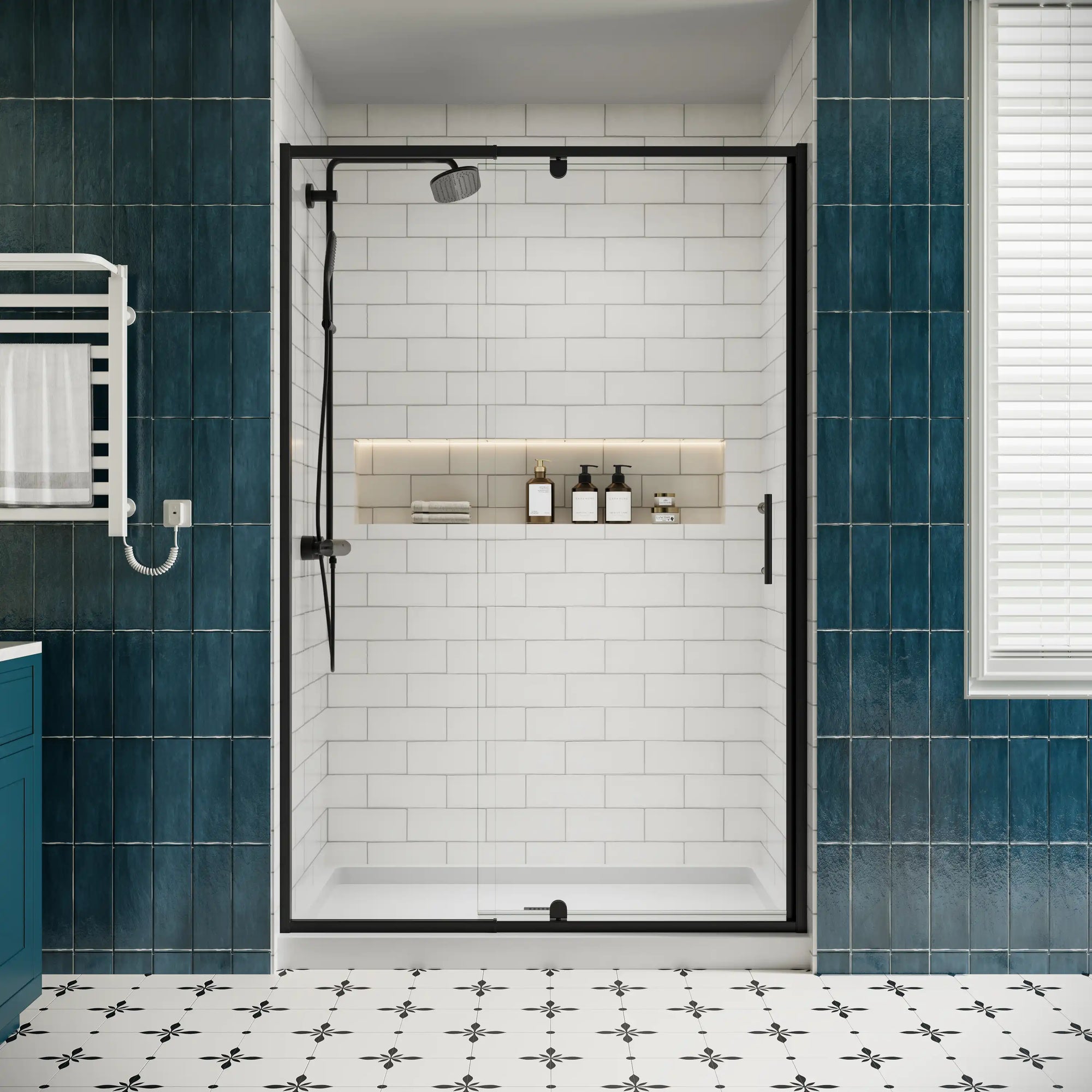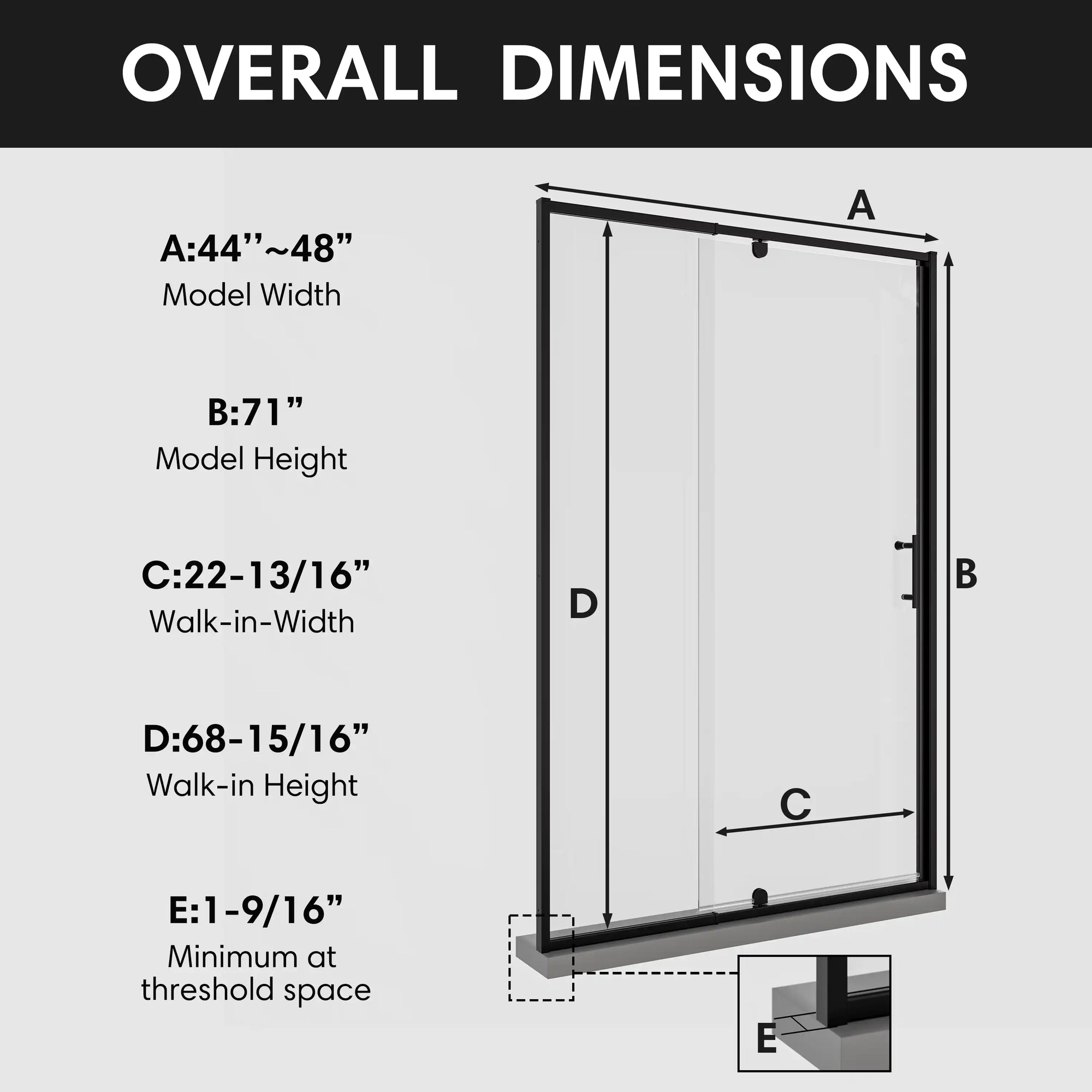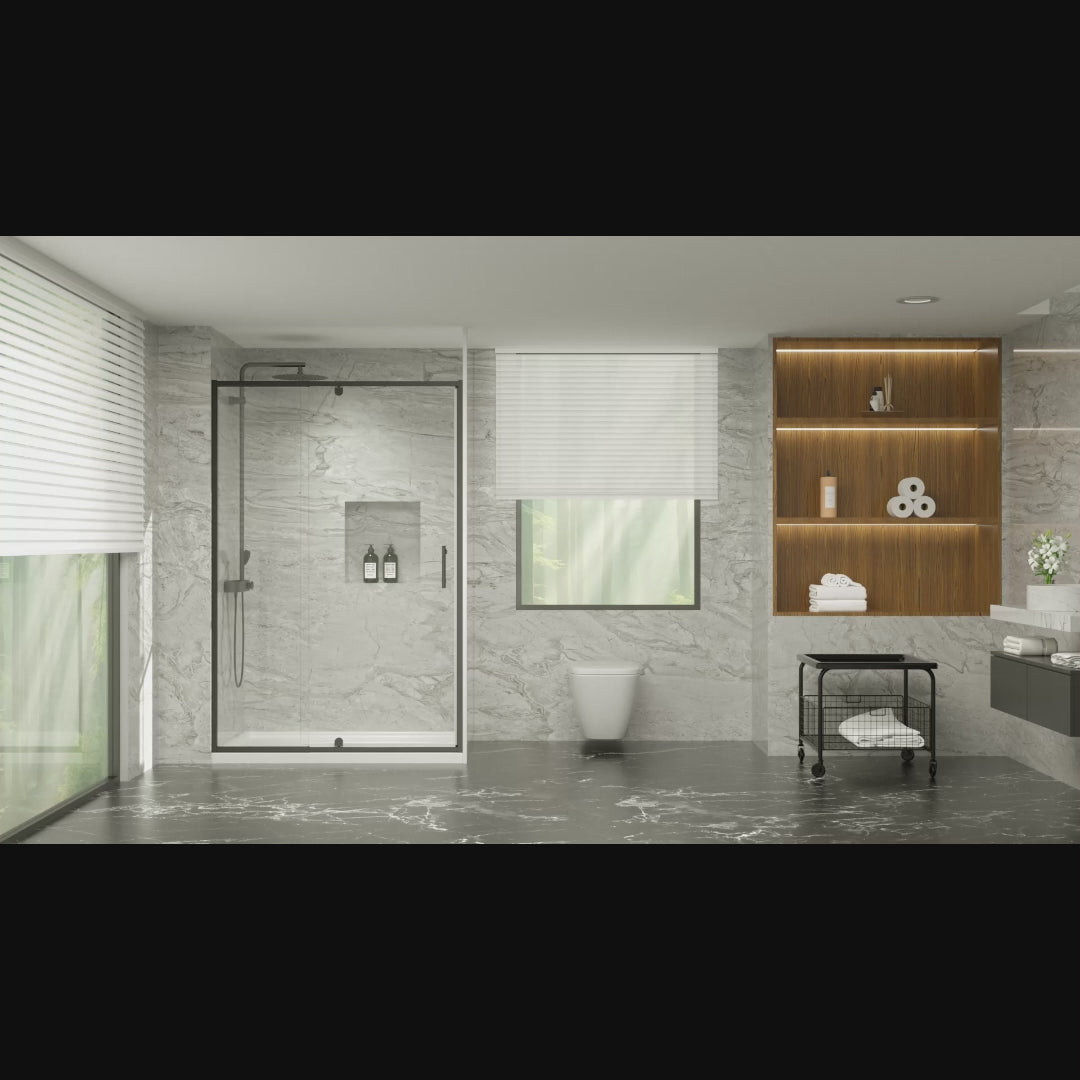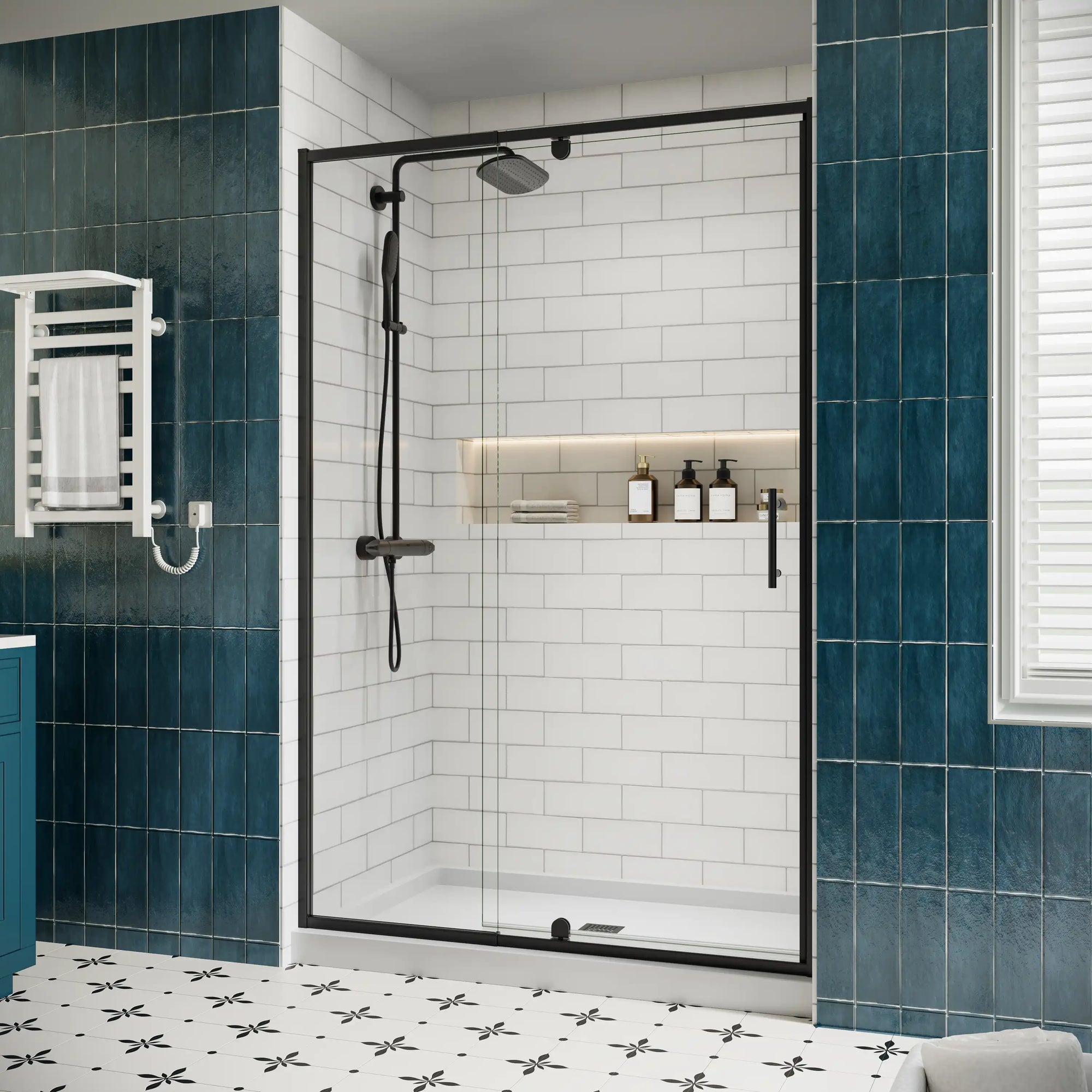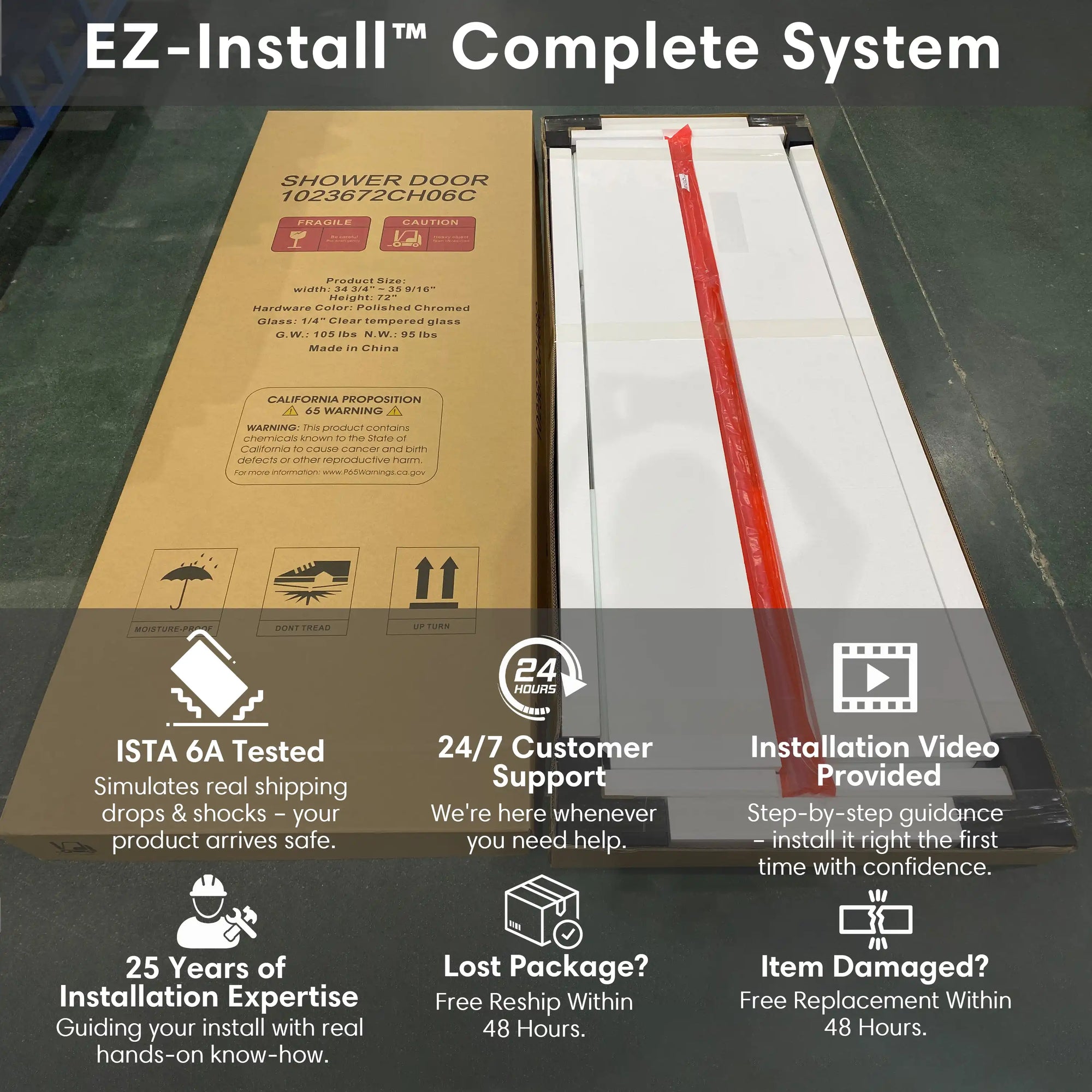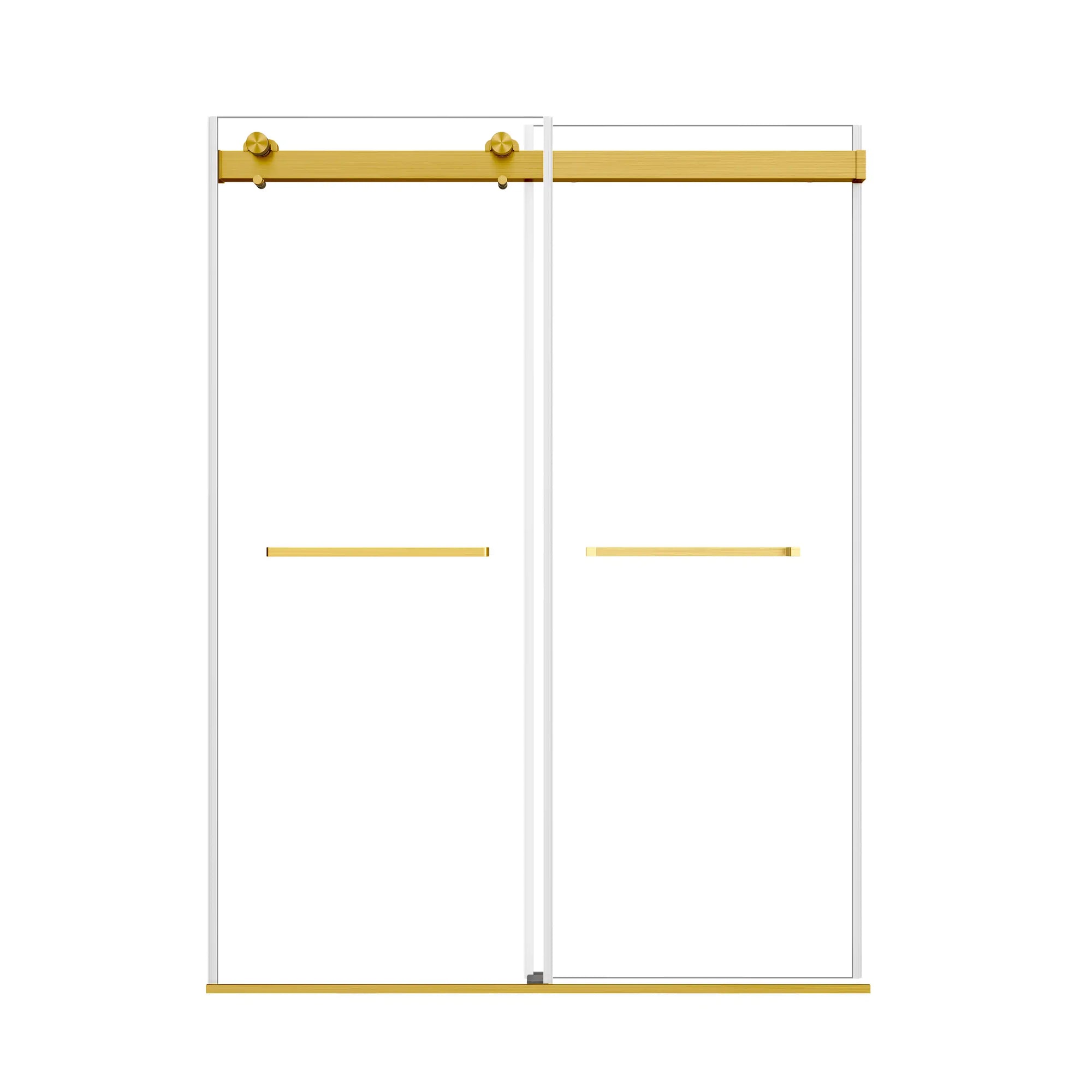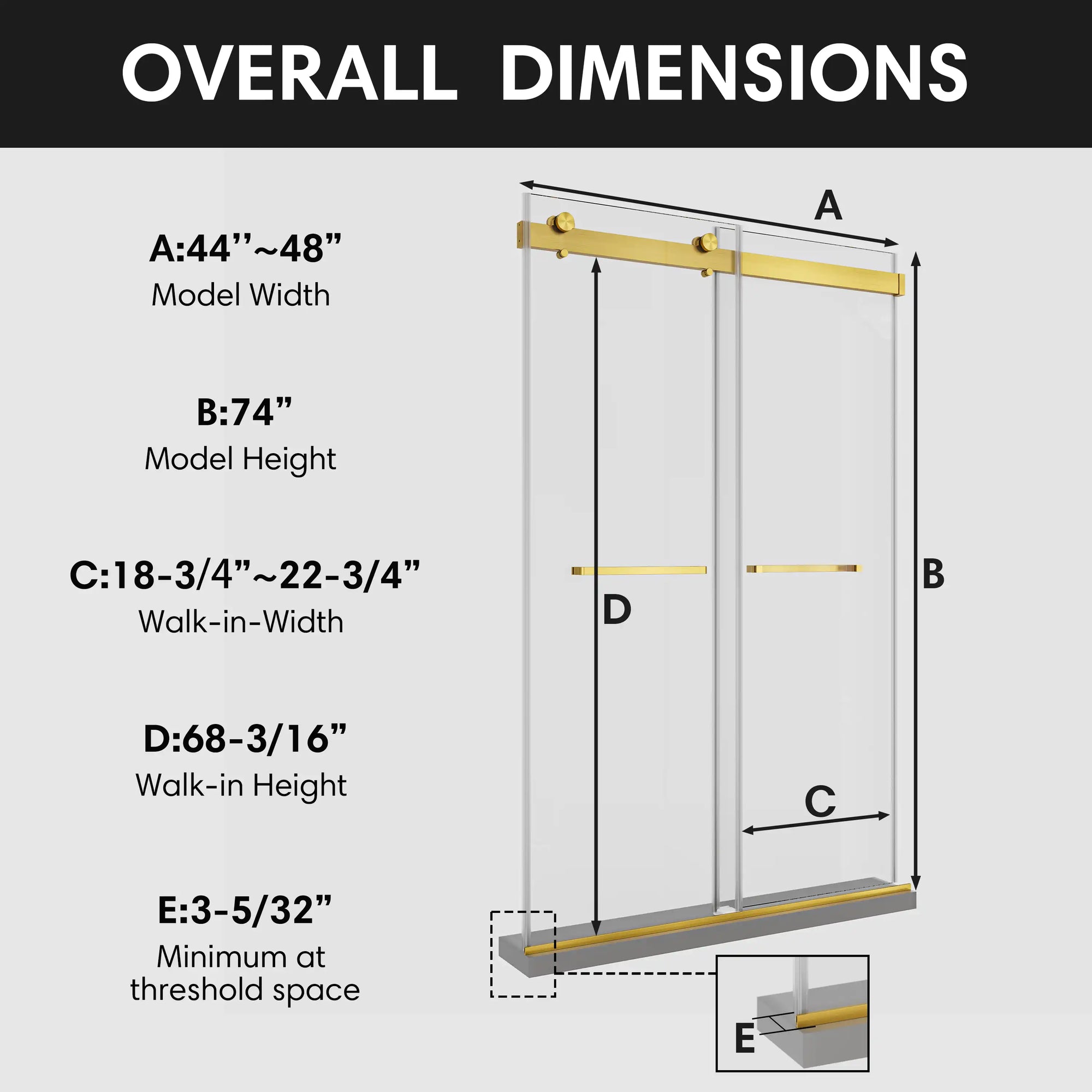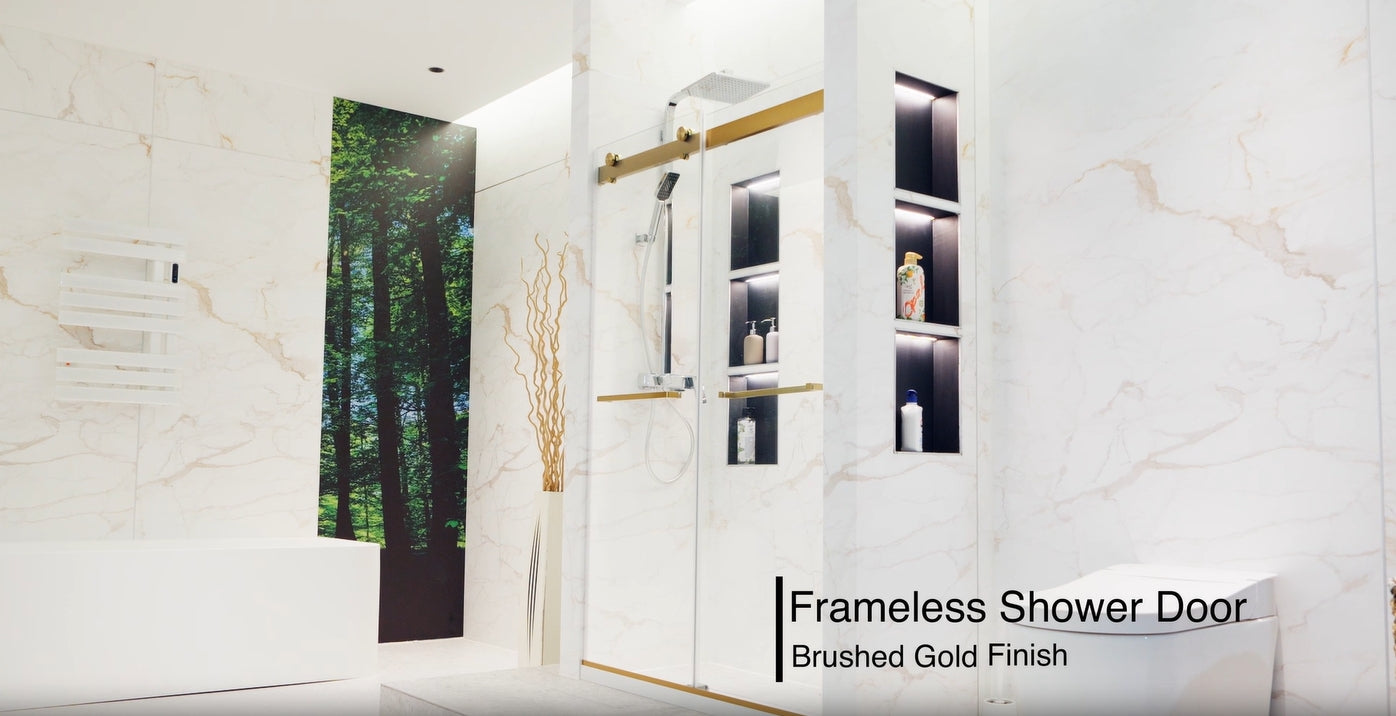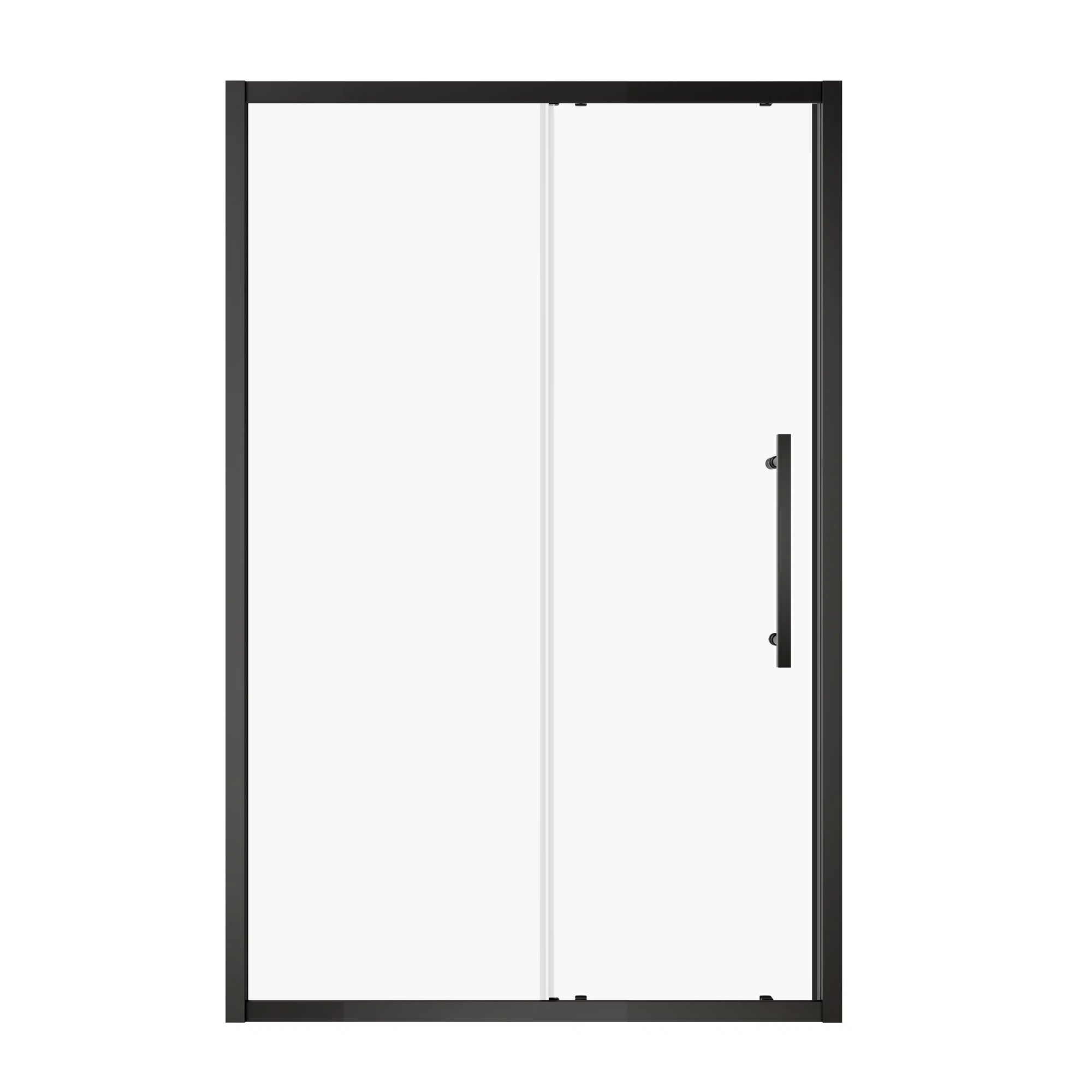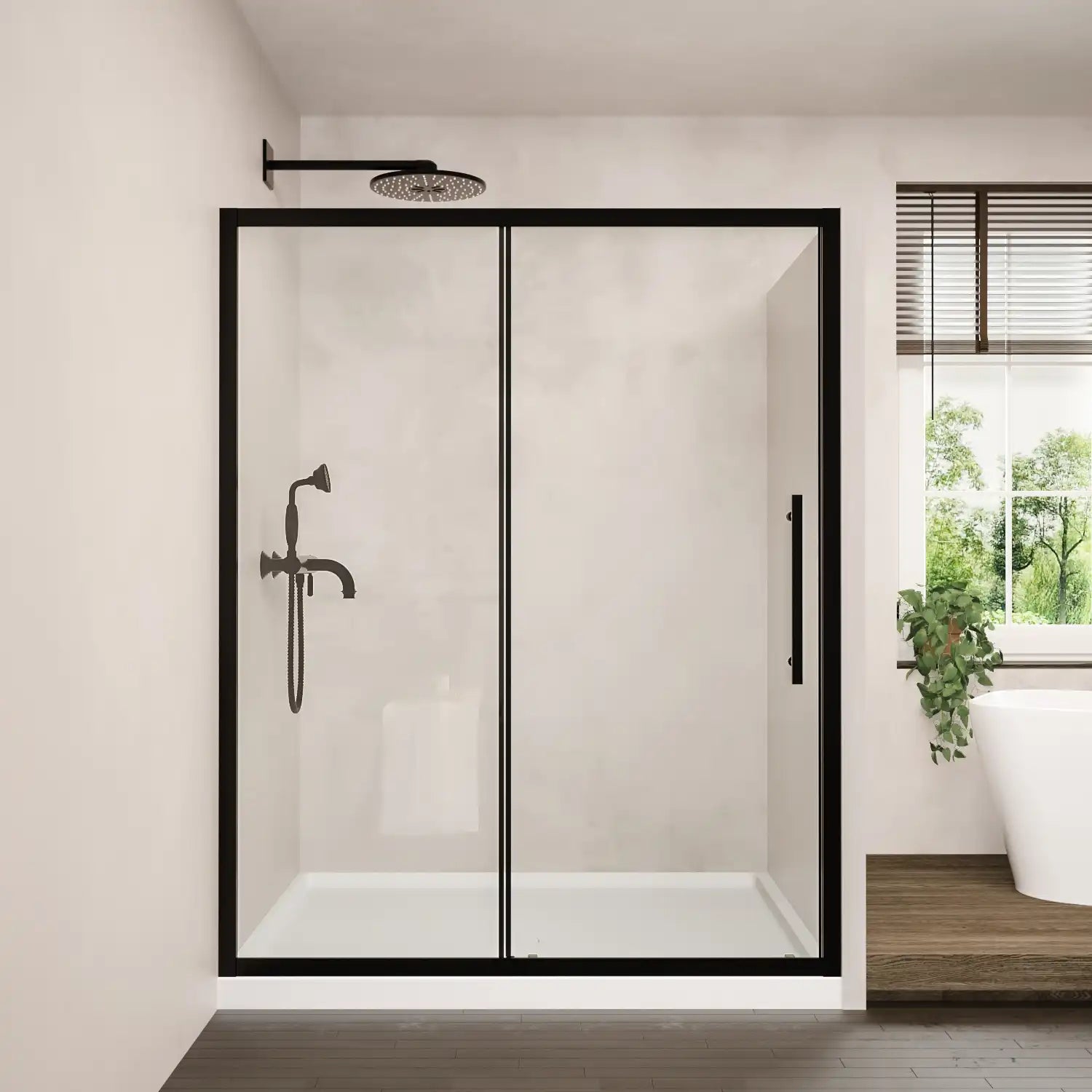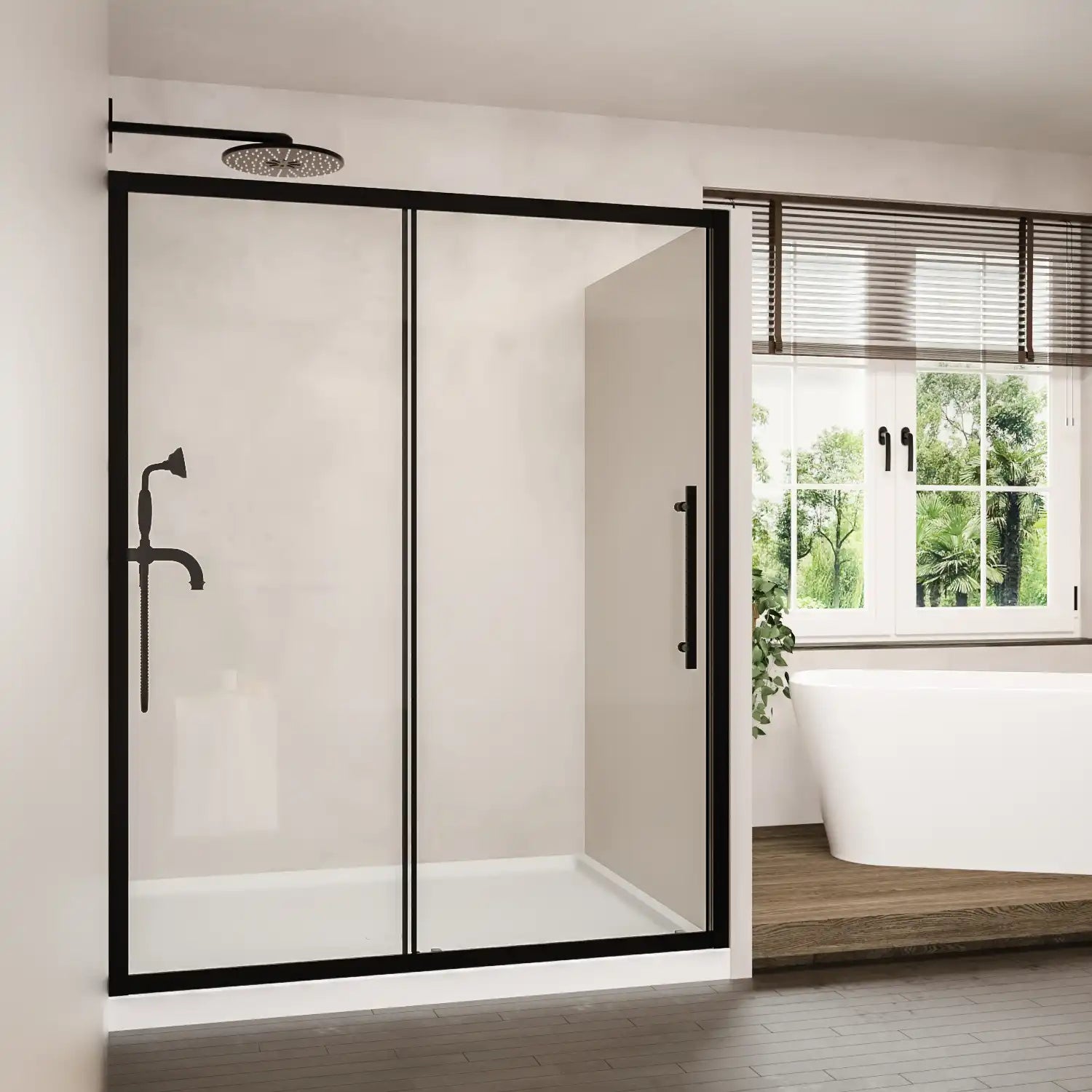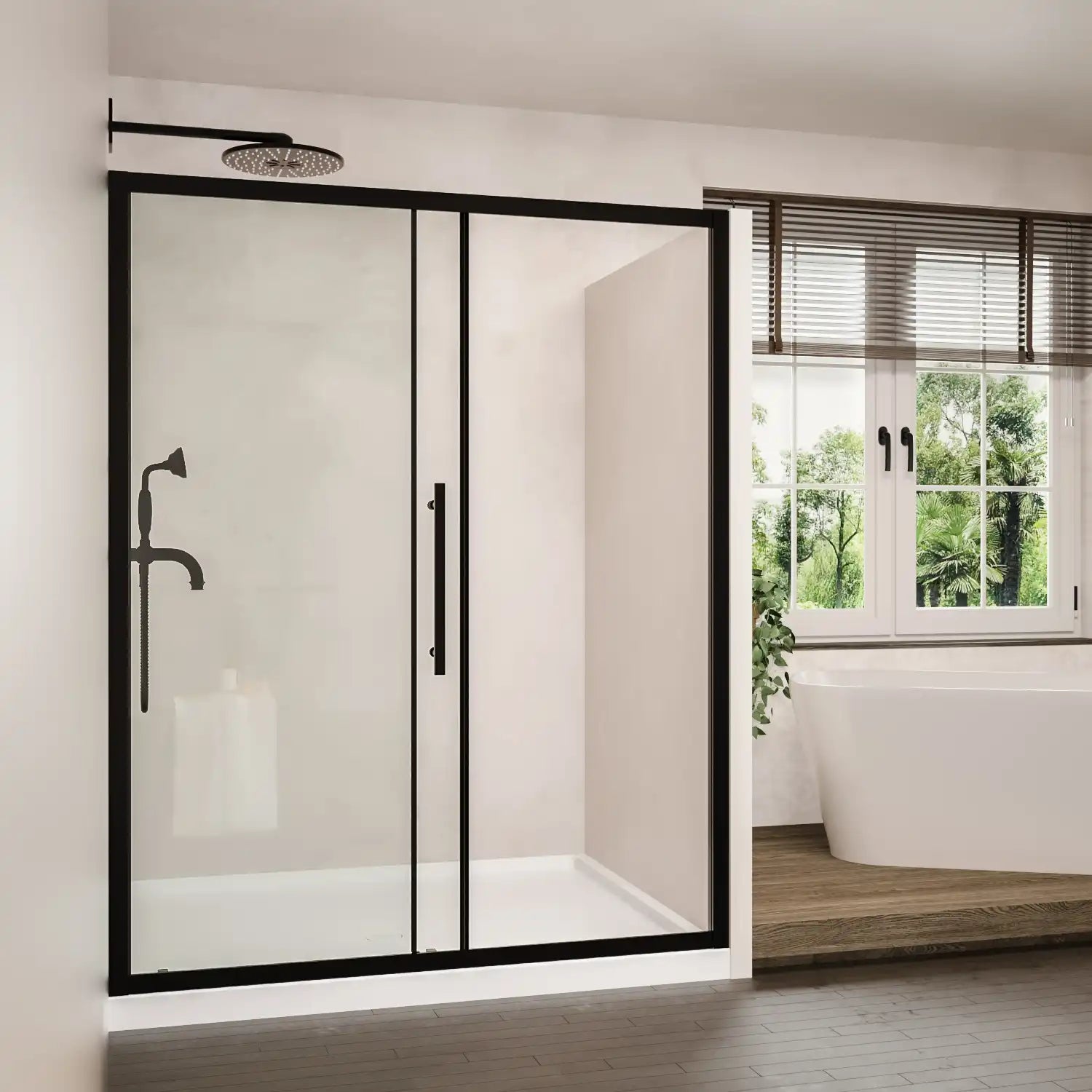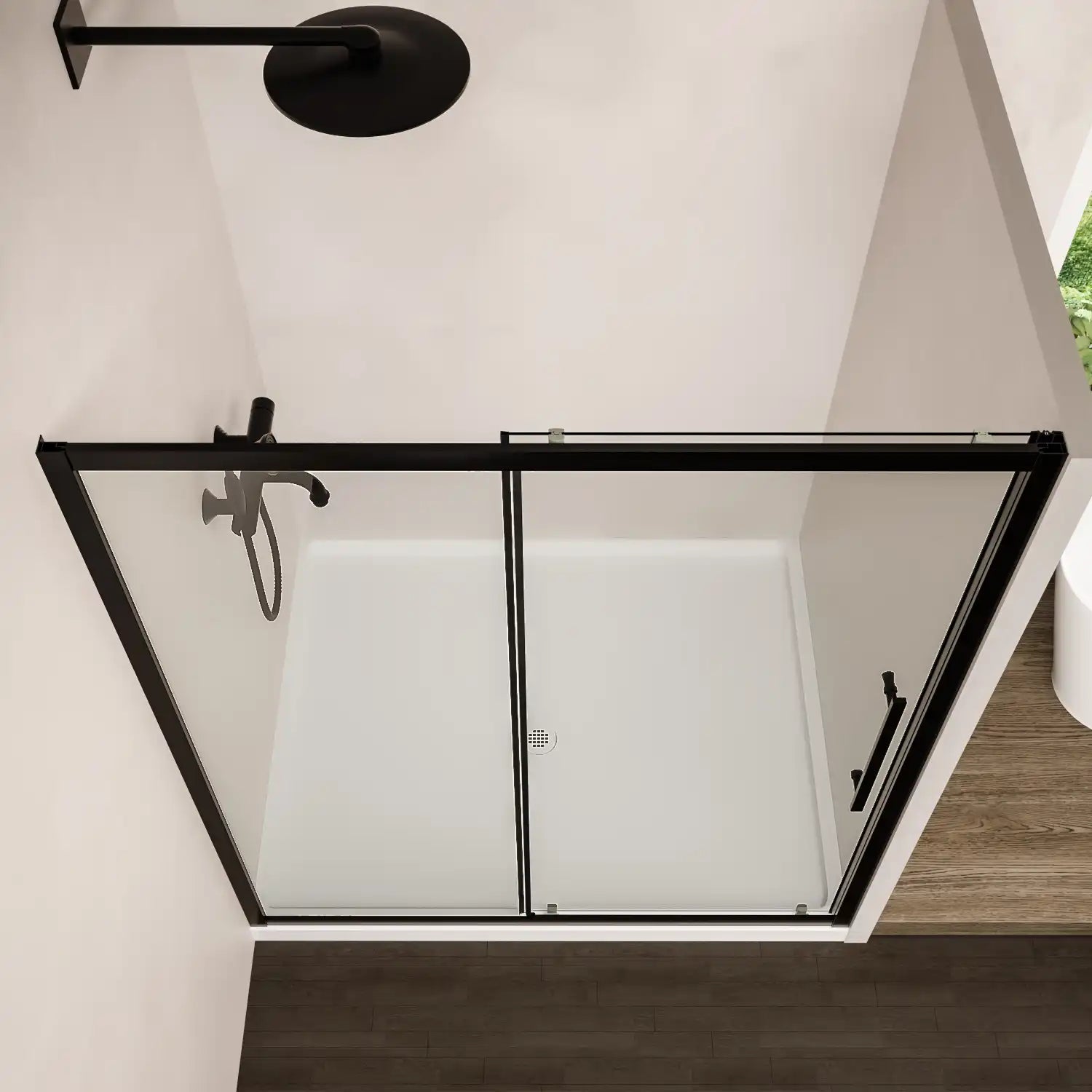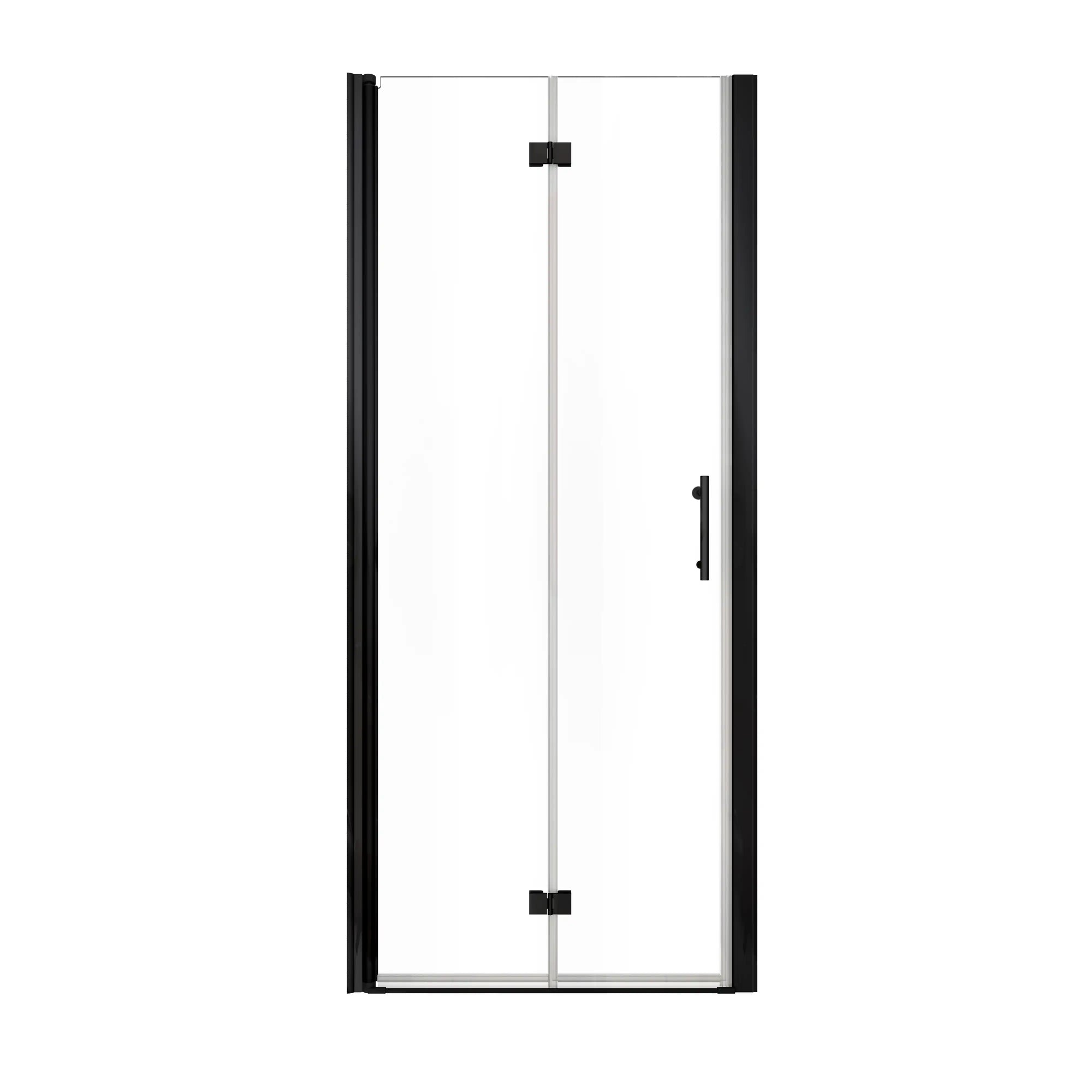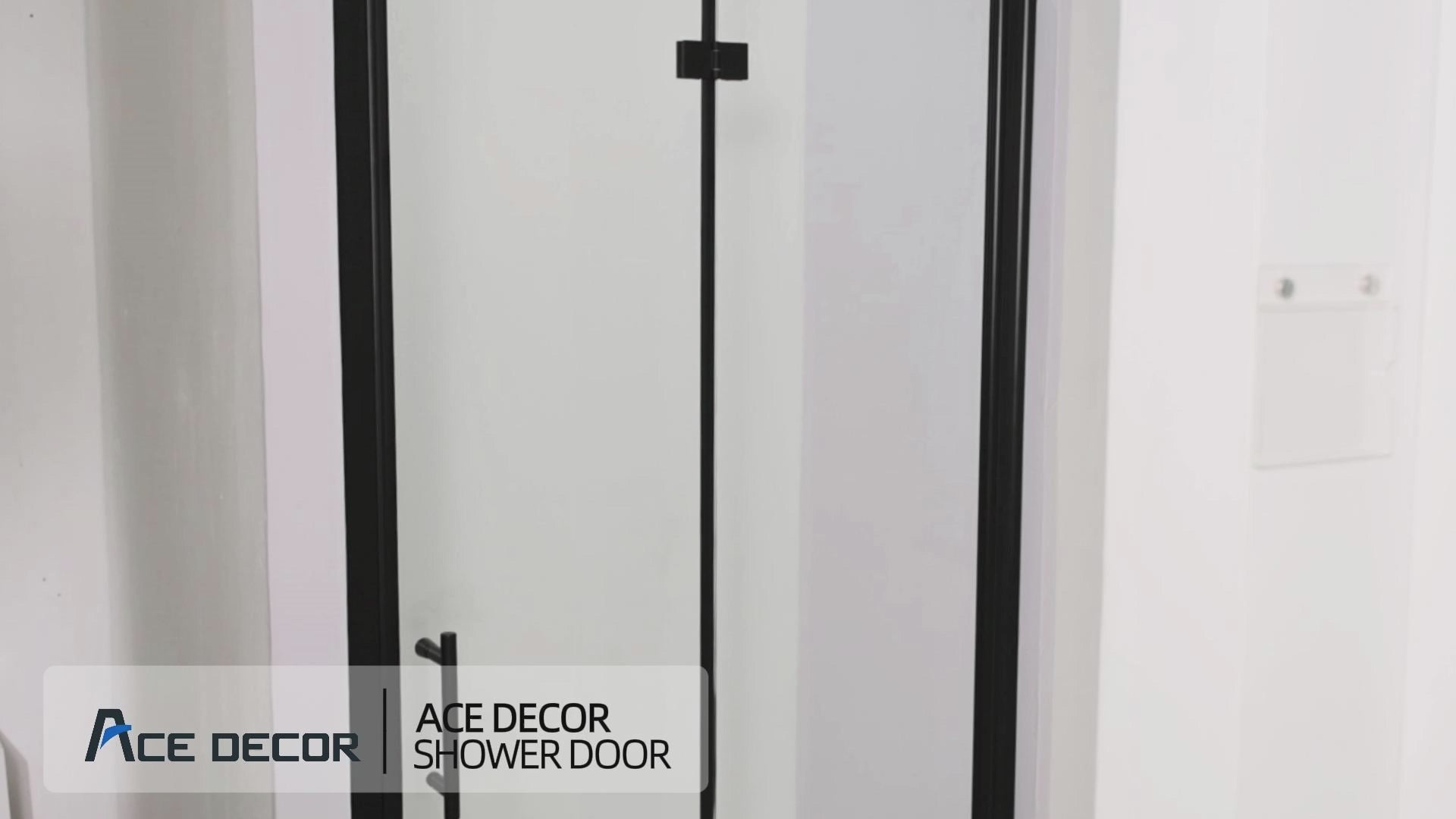Table of Contents
- 1. Understanding the Cost of a Bathtub to Shower Conversion
- 2. How Materials Influence Your Budget
- 3. Hidden Costs That May Surprise You
- 4. Why Walk-In Showers Are Leading the Trend
- 5. Small Details, Big Impact: Doors and Fixtures
- 6. What About Long-Term Maintenance?
- 7. Should You DIY or Hire a Professional?
- 8. Final Thoughts
- 9. FAQ
- 10. Related Articles
Conclusion
Every morning, do you gingerly step into the bathtub? Maybe you've grown accustomed to climbing over the high bathtub edge and dealing with those hard-to-clean corners. But your body might be telling you something else—it’s time to upgrade.
A bathtub to shower conversion is not just a change in layout. It’s a decision that enhances your daily experience—making bathing safer, cleaning easier, access smoother, and your entire home more comfortable and functional.
This article breaks down the actual costs of a bathtub to shower conversion, reveals hidden fees many don't talk about, and helps you decide whether now is the right time to make the switch. If you're thinking about replacing your old bathtub with a sleek, walk-in shower, you’ll want to keep reading.

1. Understanding the Cost of a Bathtub to Shower Conversion
According to Forbes Home 2023, the cost of a standard bathtub to shower conversion can vary widely:
- The average cost sits around $3,000.
- Most projects fall between $1,200 and $8,000.
- High-end conversions with custom features can reach $10,000 to $15,000 or more.
What makes the range so broad? Several factors affect pricing: the size and shape of your bathroom, the existing plumbing, the quality of materials you choose, and the complexity of the installation. A simple-looking bathtub to shower conversion may actually involve a number of technical tasks that drive up the price.
2. How Materials Influence Your Budget
The material you choose for your shower walls and base plays a big role in both your upfront cost and your ongoing maintenance experience.
Ceramic tiles are popular for their stylish appearance, but the grout lines demand regular cleaning and are prone to mold if not properly sealed. Acrylic or fiberglass materials are affordable and much easier to maintain, making them ideal for basic bathtub to shower conversion projects. For homeowners seeking a high-end look with low upkeep, artificial stone or cultured marble is a top choice. It’s seamless, durable, mold-resistant, and offers a luxurious finish that stays beautiful for years.
Investing in the right material during your bathtub to shower conversion not only improves aesthetics but also saves you hours of cleaning and maintenance over time.

3. Hidden Costs That May Surprise You
While it may seem like all you need to do is rip out the tub and install a shower base, the real cost of a bathtub to shower conversion often lies behind the walls.
You might need to relocate the drain, which can add hundreds of dollars. Old plumbing may need to be replaced if it’s corroded. If mold is discovered behind the tile or if the structure needs reinforcement, your expenses could quickly climb. Additional upgrades like improved waterproofing, non-slip surfaces, and adjustments to meet ventilation or electrical code can also impact your final bill.
Many homeowners start with a $3,000 estimate, only to spend $6,000 or more once these factors come into play. That’s why it’s important to get a professional evaluation before you begin your bathtub to shower conversion.
4. Why Walk-In Showers Are Leading the Trend
More and more families are choosing walk-in showers over traditional tubs, and it’s easy to see why. A bathtub to shower conversion offers improved accessibility for older adults, easier cleaning, and a more spacious, modern look.
There are several types of showers to choose from. Prefabricated enclosures are affordable and quick to install—great for smaller spaces. Walk-in showers with low or no thresholds are perfect for aging in place and are often considered safer. For those who want a spa-like experience, fully open, custom-built showers offer an elegant, seamless design that maximizes space and comfort.
According to Houzz US Renovation Trends 2023, 67% of homeowners chose walk-in showers during a bathroom upgrade, and more than half called it their most satisfying improvement. A smartly designed bathtub to shower conversion can turn your bathroom into one of your favorite rooms.
5. Small Details, Big Impact: Doors and Fixtures
When planning a bathtub to shower conversion, don’t overlook the fixtures and shower door—they do more than complete the look. Frameless glass doors provide a clean, open appearance and are easier to clean than framed options. Sliding and hinged doors work well in smaller bathrooms where space is tight.
Upgrading your shower system can also elevate the entire experience. Smart showerheads, thermostatic valves for precise temperature control, and multi-outlet designs add convenience and a sense of luxury. These features can raise the cost, but they often increase long-term satisfaction and even resale value.
Well-chosen accessories can make your bathtub to shower conversion not just functional, but truly enjoyable.
6. What About Long-Term Maintenance?
It’s easy to focus on the initial cost of a bathtub to shower conversion, but you should also think about what it will cost to maintain your new shower in the years to come.
Materials like tile may require weekly scrubbing, while acrylic or fiberglass only need occasional cleaning. Cultured marble or solid-surface materials are the easiest to maintain—they resist mold and can be wiped clean in minutes. Choosing the right material could save you dozens of hours per year.
So when evaluating your bathtub to shower conversion options, consider not just the price tag but also the effort you’ll spend keeping it looking great. A low-maintenance shower frees up time and reduces stress—two things no price tag can measure.
7. Should You DIY or Hire a Professional?
You may be tempted to handle the bathtub to shower conversion yourself. After all, there are plenty of online tutorials and kits that make it look easy. But even small mistakes in plumbing or waterproofing can lead to costly repairs down the road.
DIY can be suitable for those with construction experience and a simple layout, but if your bathroom requires electrical updates, new plumbing lines, or wall repairs, it’s better to call in the pros. A professional bathtub to shower conversion usually costs between $2,500 and $6,000 and includes design advice, permits, waterproofing, and warranties.
The National Association of Home Builders (2023) reports that 93% of homeowners completing bathroom renovations over $2,000 hire licensed professionals—and with good reason.
Final Thoughts
A bathtub to shower conversion isn’t just about modernizing your bathroom. It’s a decision that can improve safety, increase efficiency, and add real value to your home.
You’re not just investing in tiles and plumbing—you’re investing in:
- Safer bathing for elderly family members or those with limited mobility
- Less time spent cleaning every week
- A more attractive space that boosts your home's resale potential
If you’ve been thinking about making the switch, now’s a great time. Labor and material costs remain steady, and most bathtub to shower conversions can be completed in just three to five days.
We offer a full range of support: free assessments, material recommendations, contractor referrals, and more. Let’s make your dream bathroom a reality—starting with the right bathtub to shower conversion.
FAQ
Q1: Can I convert only part of the bathtub into a shower area?
Yes. A partial bathtub to shower conversion can retain part of the tub for aesthetic or functional reasons, but it often requires custom work and may increase costs slightly.
Q2: Do I need a construction permit?
In most U.S. states, yes. Any changes involving plumbing or electrical systems typically require a permit. A licensed contractor can handle this for you.
Q3: Can I upgrade other bathroom features at the same time?
Absolutely. Many homeowners renovate flooring, vanities, or lighting during a bathtub to shower conversion to streamline the process and save on labor.
Q4: What if I only have one bathroom?
A fast-track bathtub to shower conversion typically takes three to five days. Plan ahead for temporary alternatives or schedule the project during travel or off-peak times.
Q5: Does a bathtub to shower conversion increase home value?
Yes, especially when the design meets ADA or universal design guidelines. It’s considered a functional upgrade and often improves resale appeal in competitive markets.
Related Articles:
Change Bathtub Faucet to Shower: 3 Drill-Free Methods for Renters
Shower Door Store Buying Guide: What You Need to Know Before Making a Purchase
Small Shower Design Ideas: Maximizing Space, Style, and Functionality

